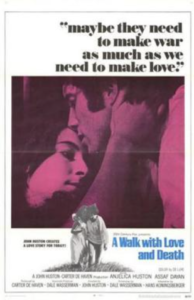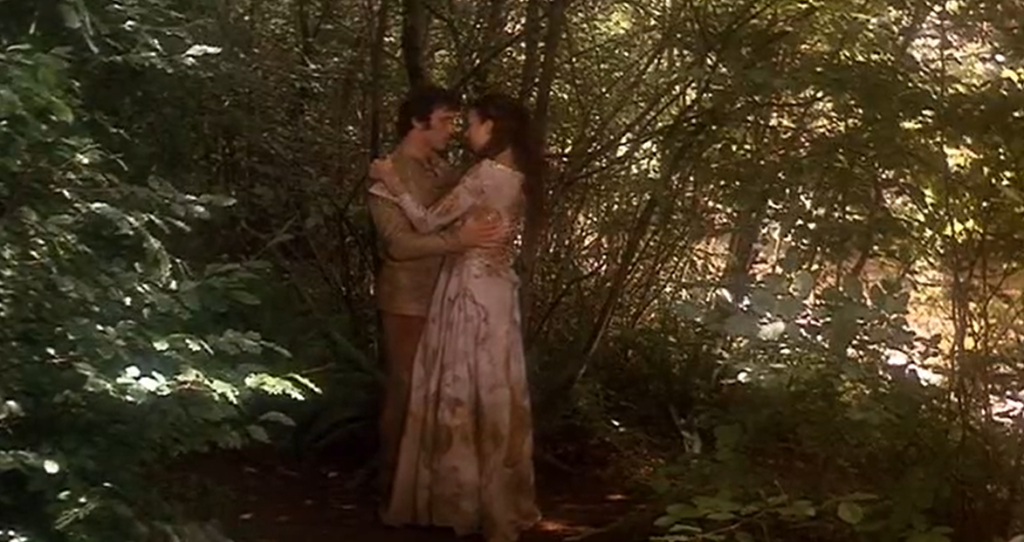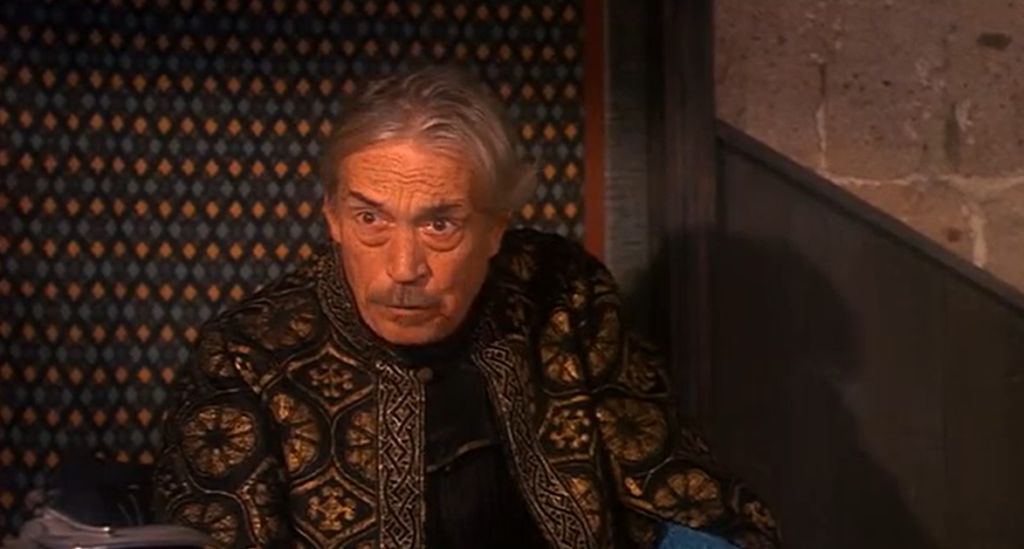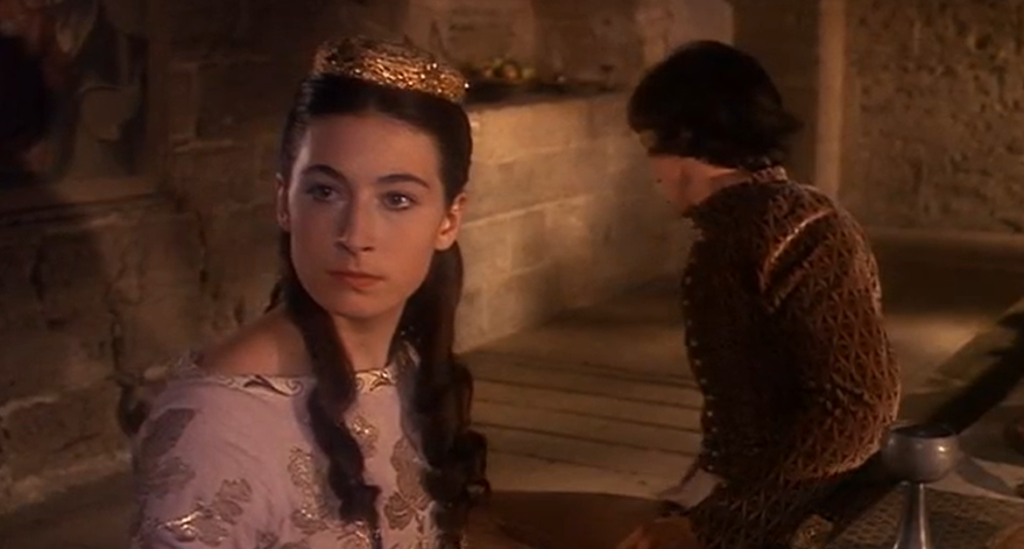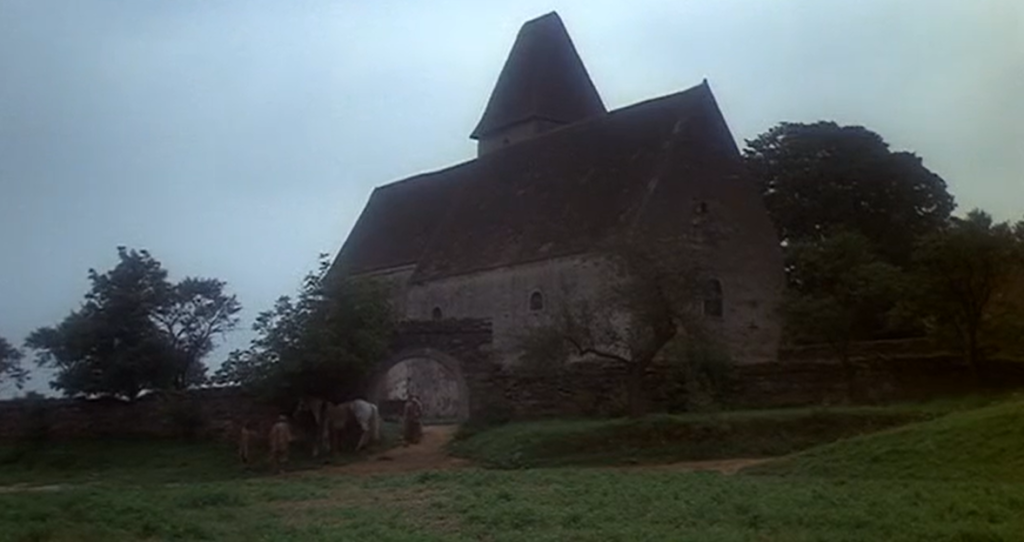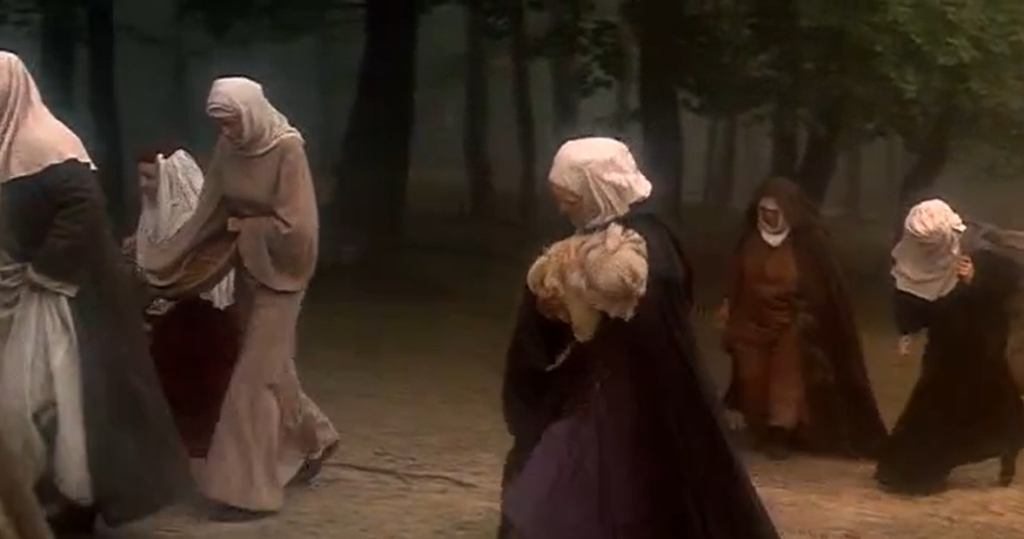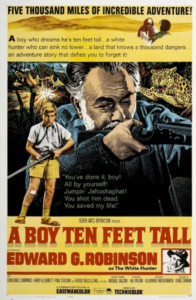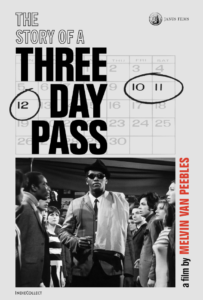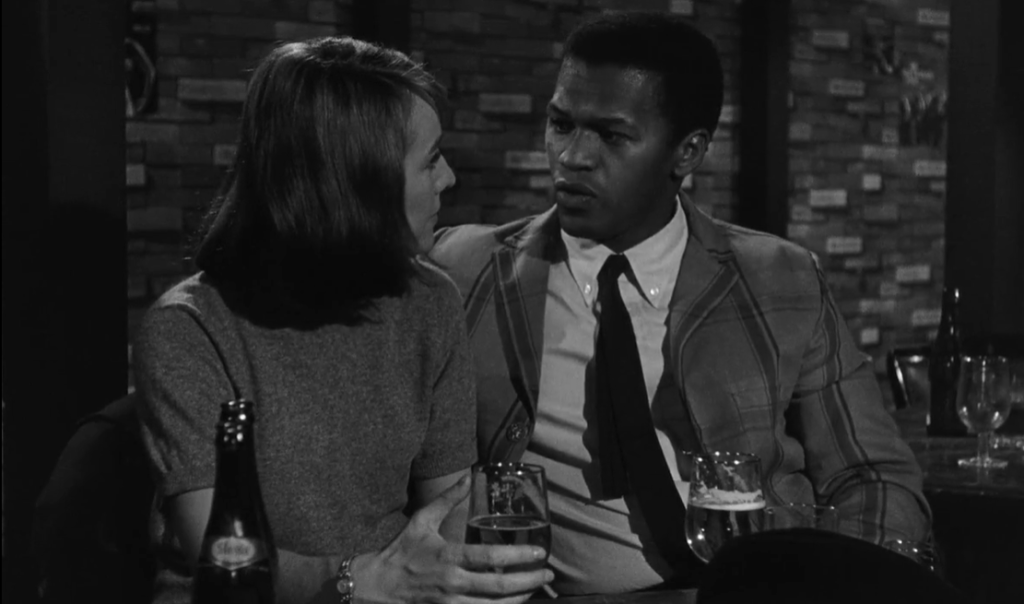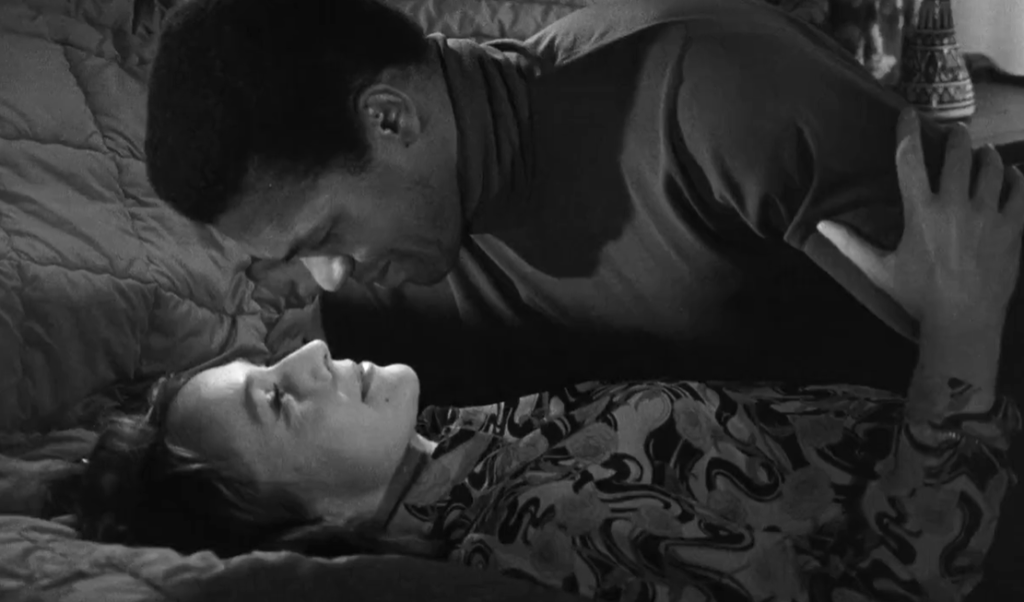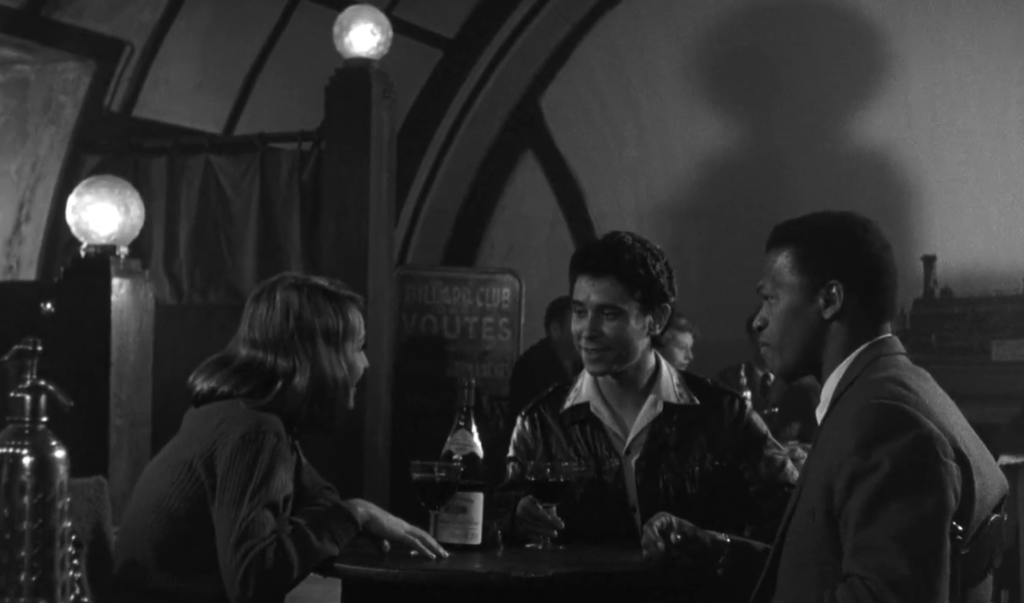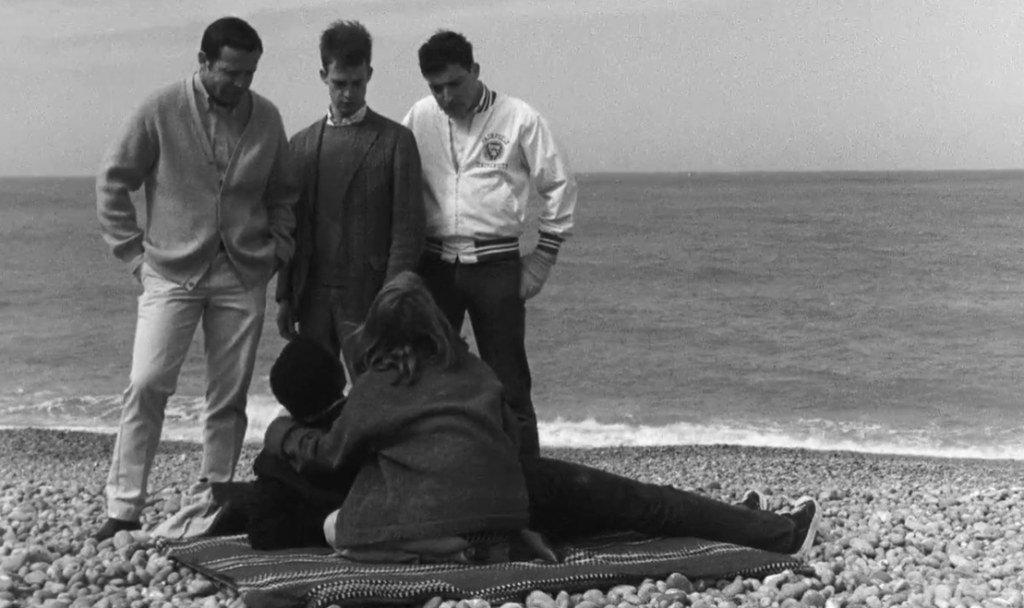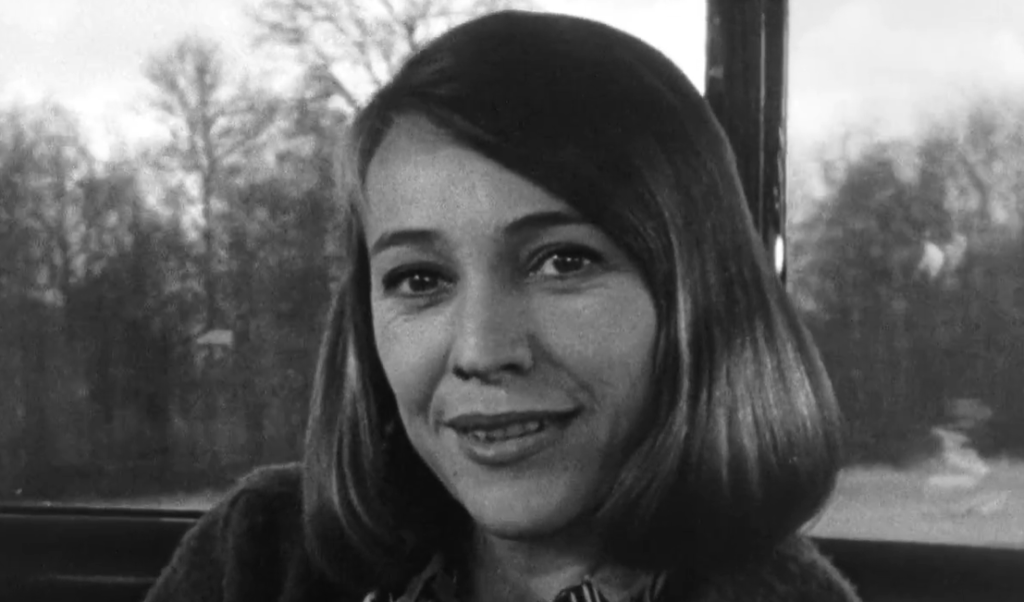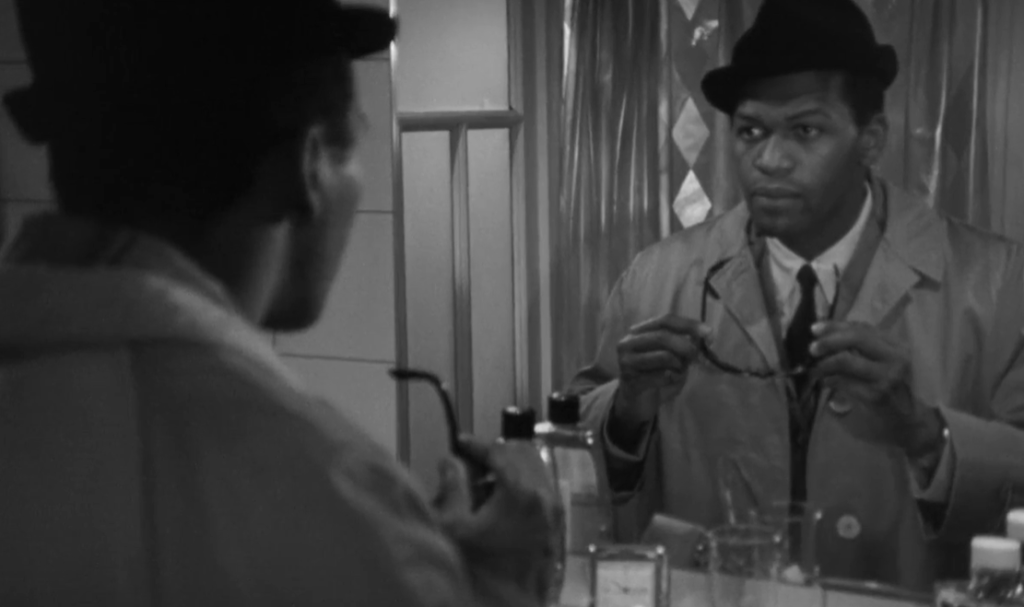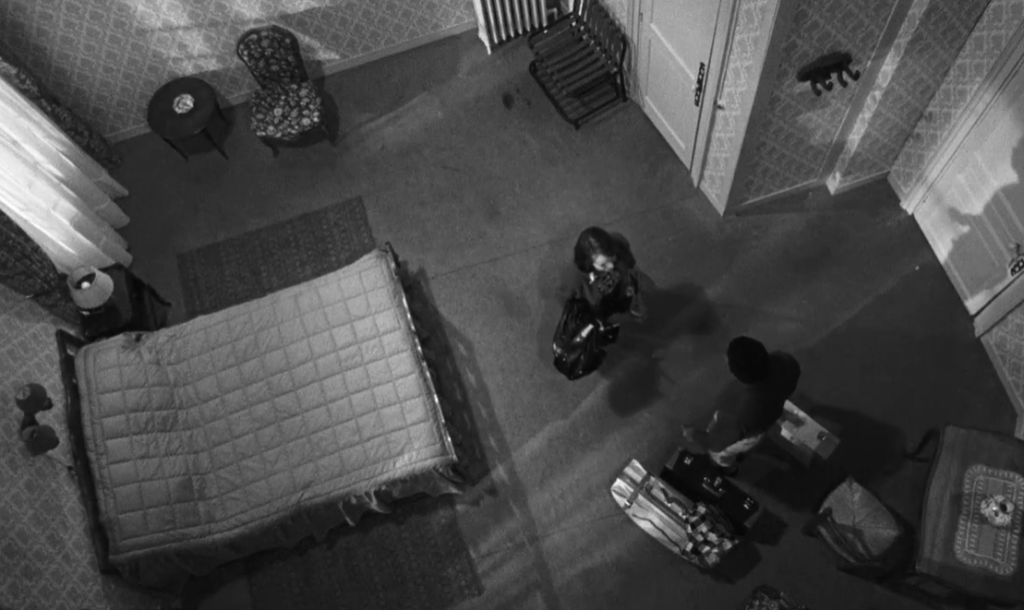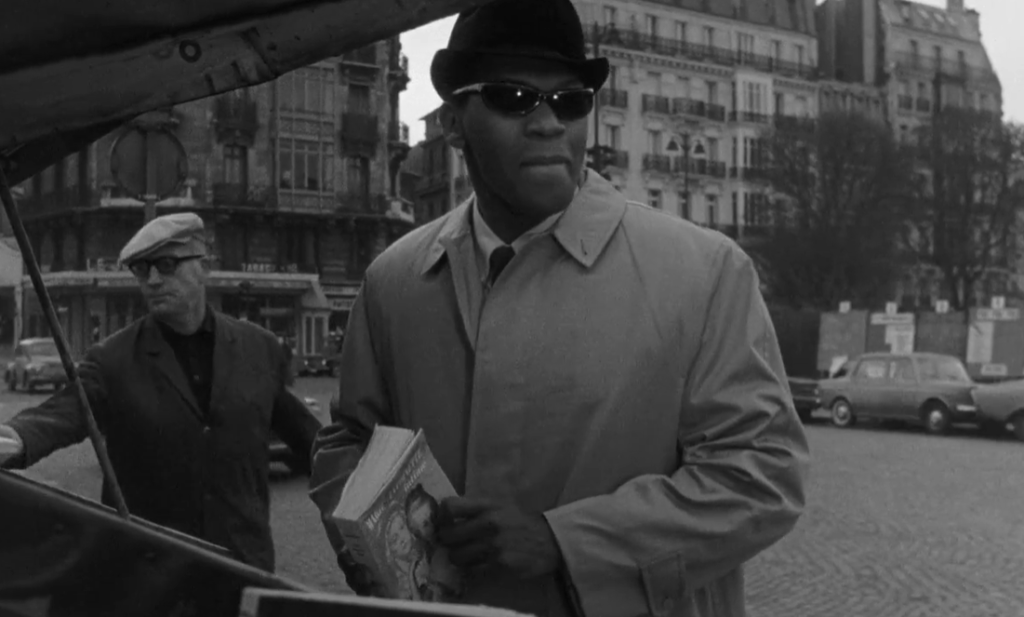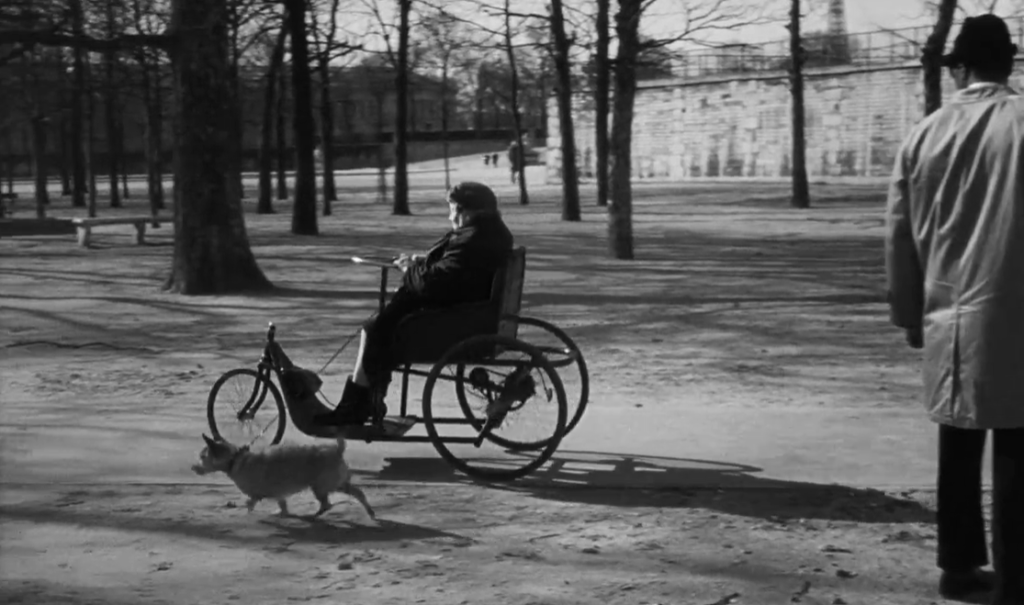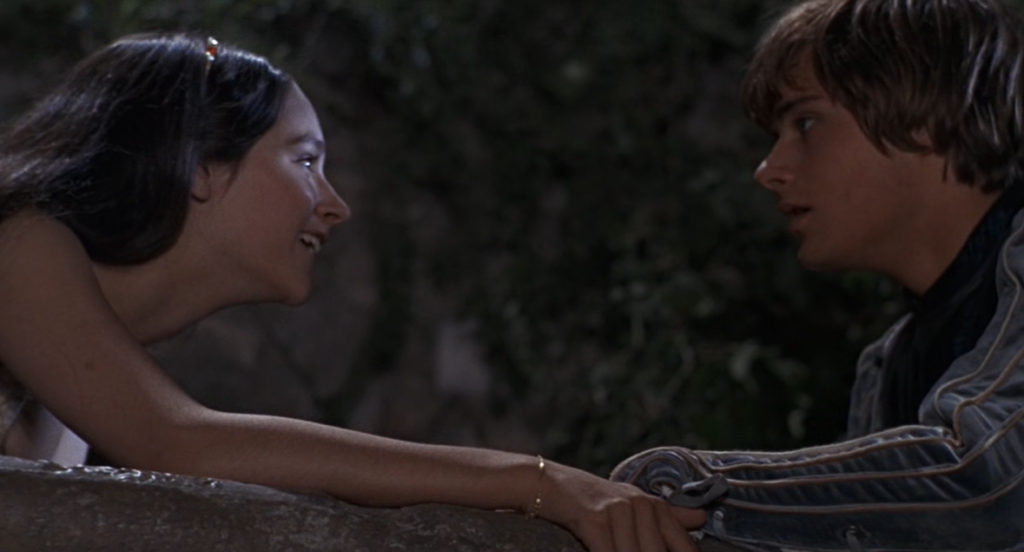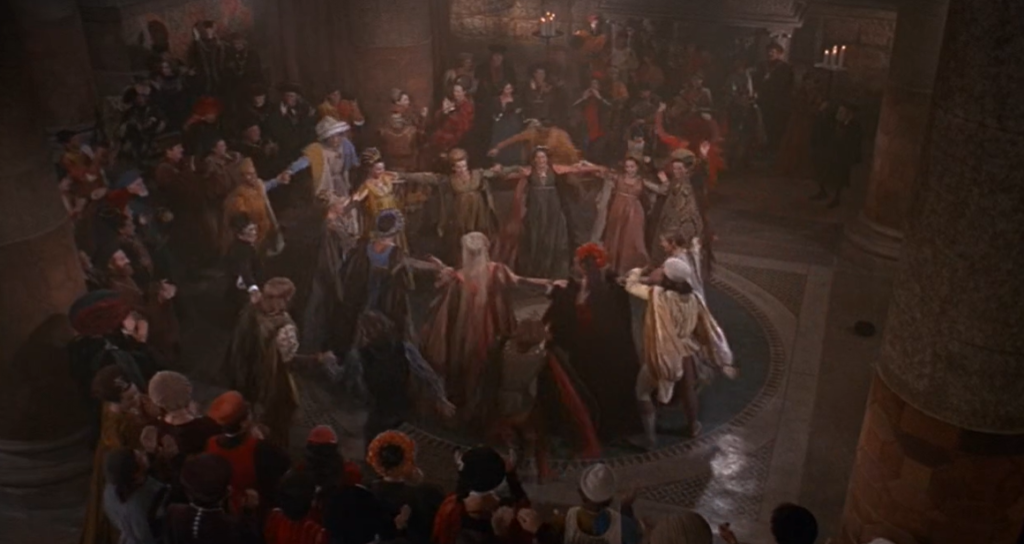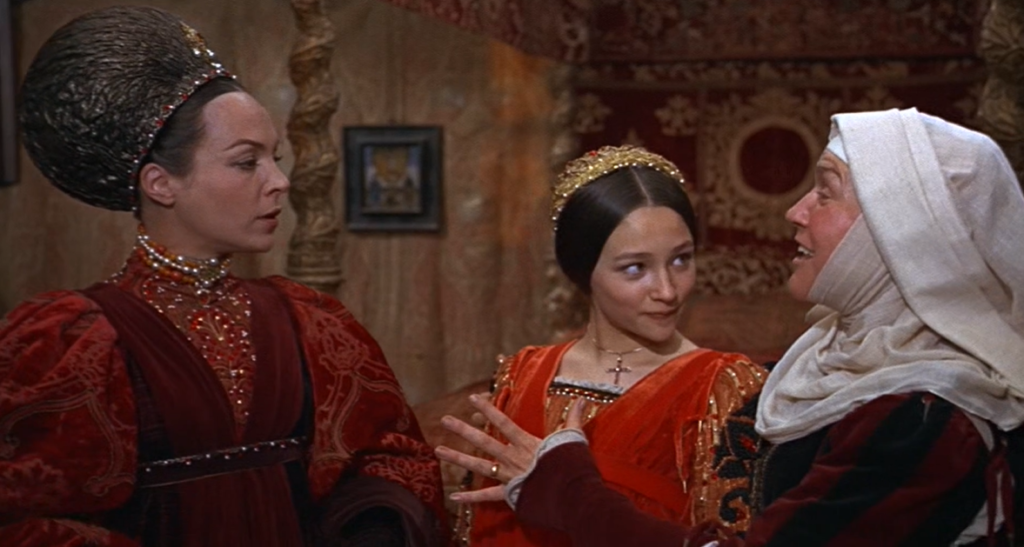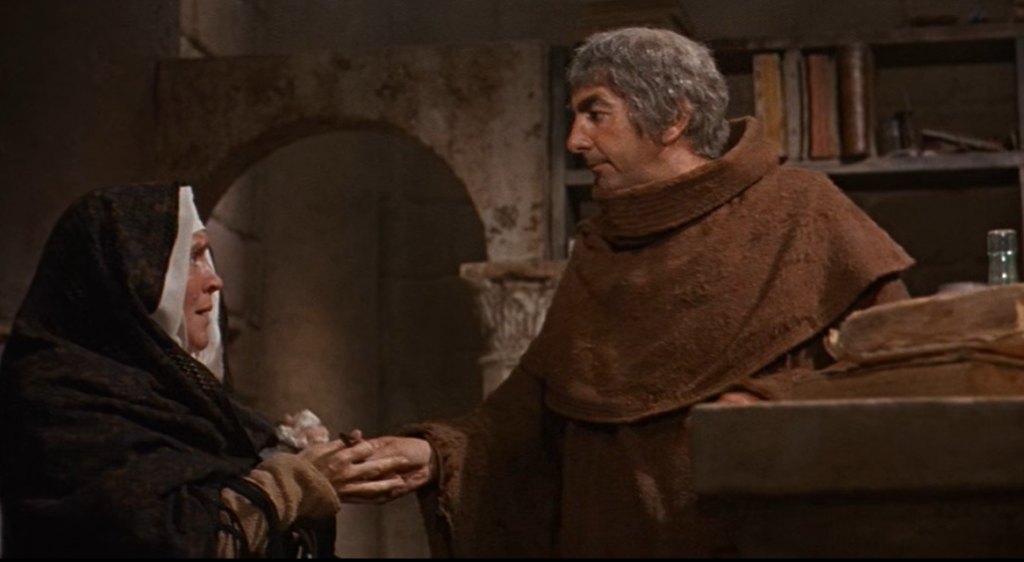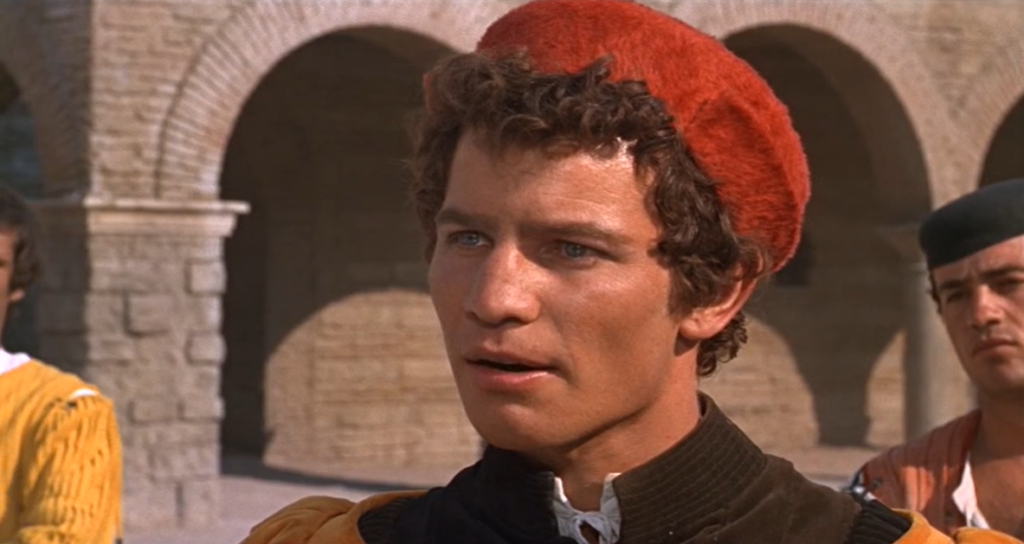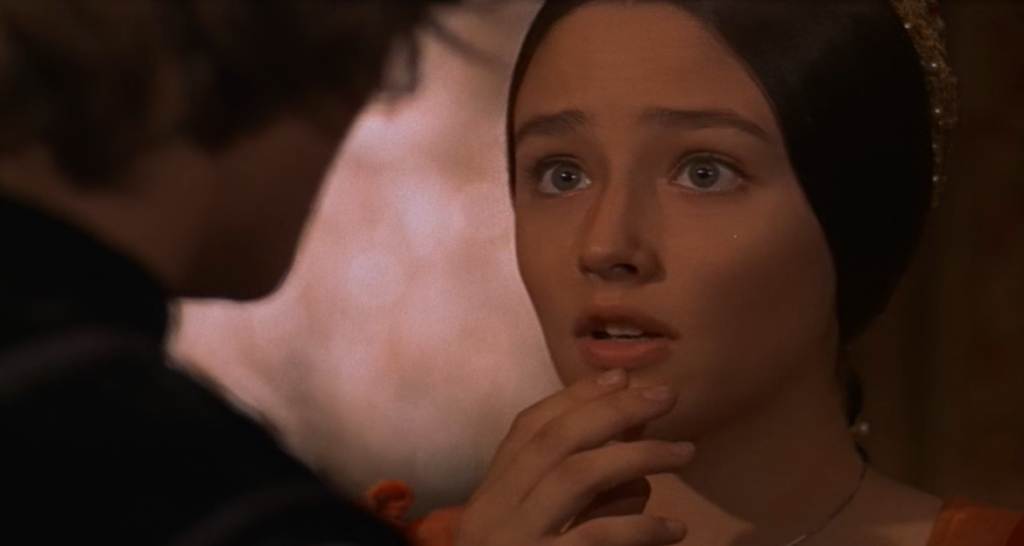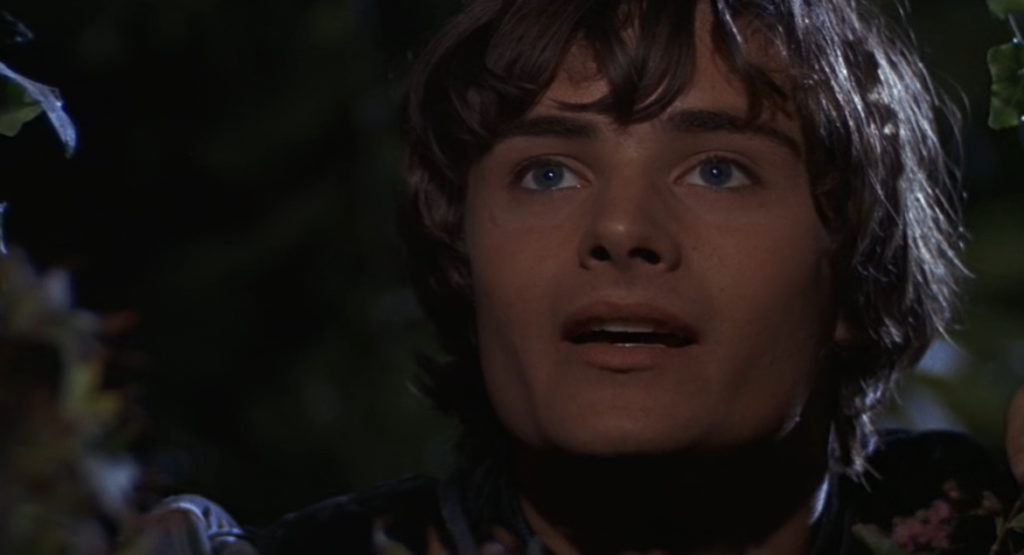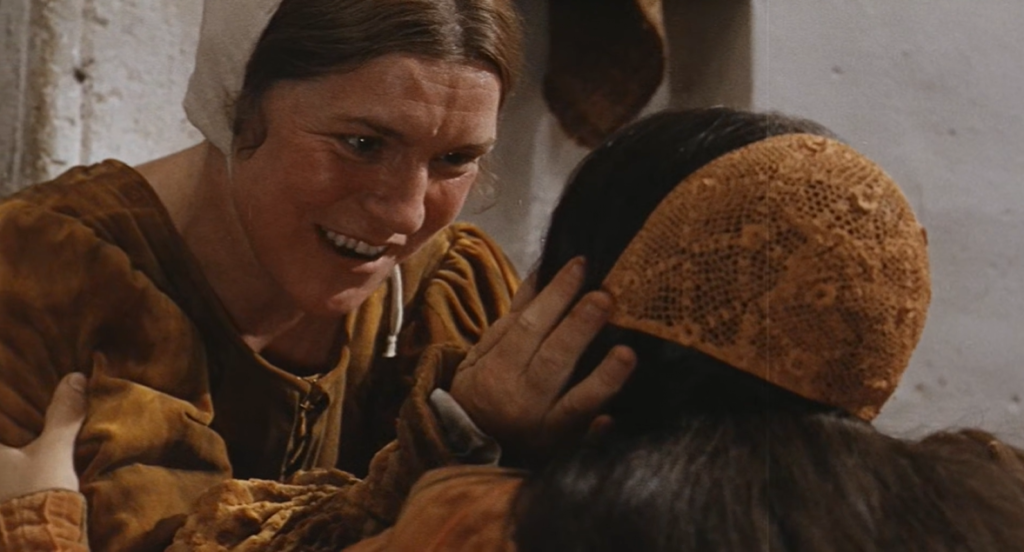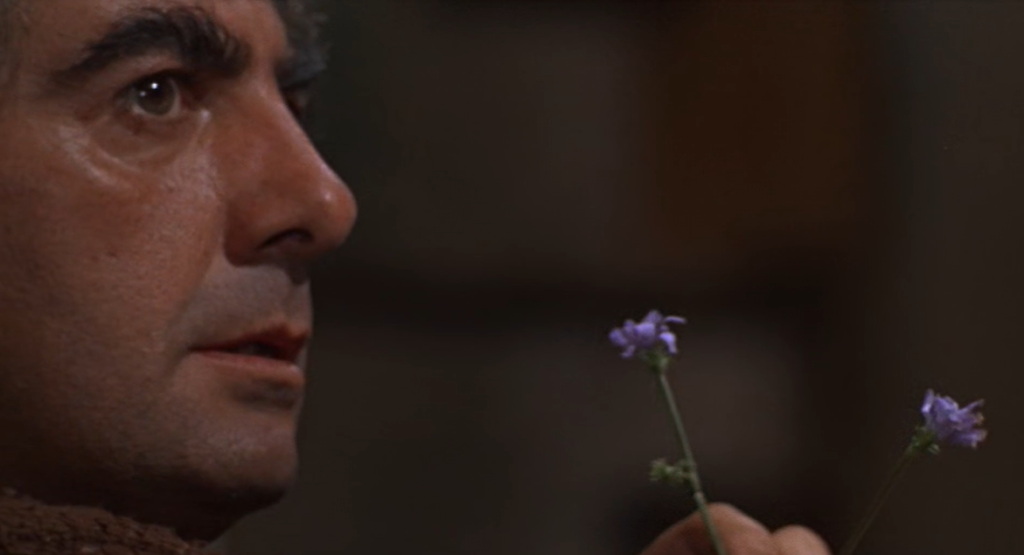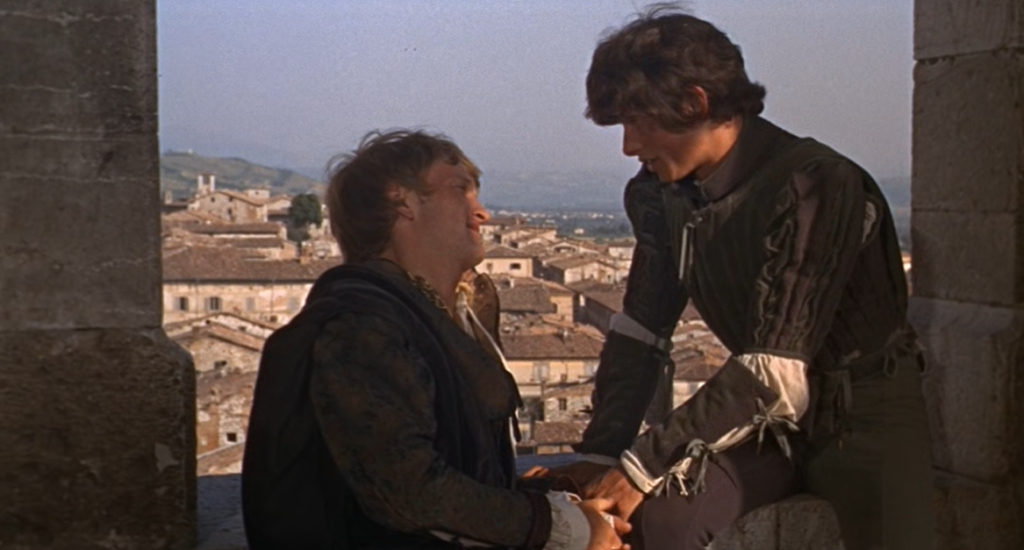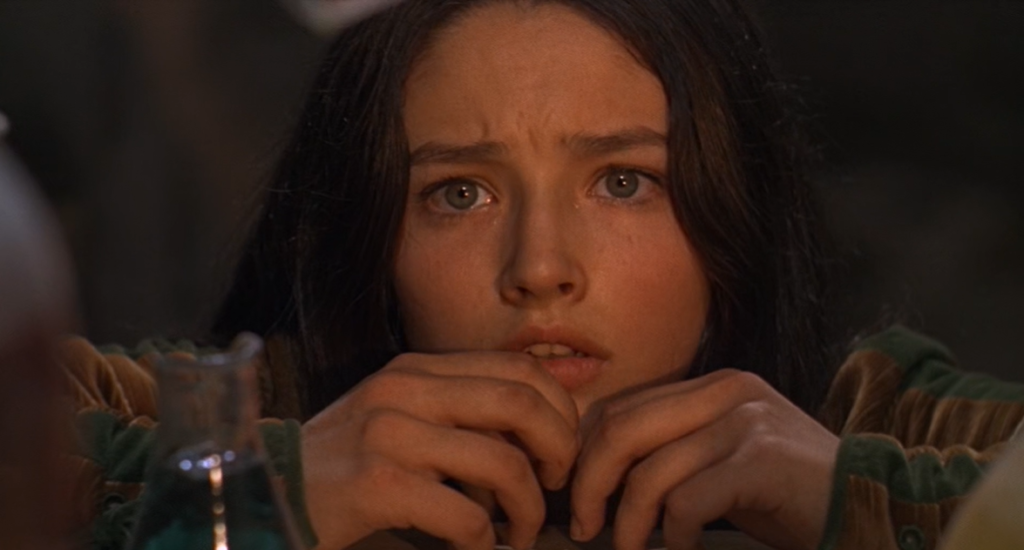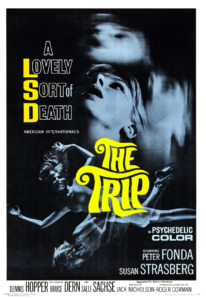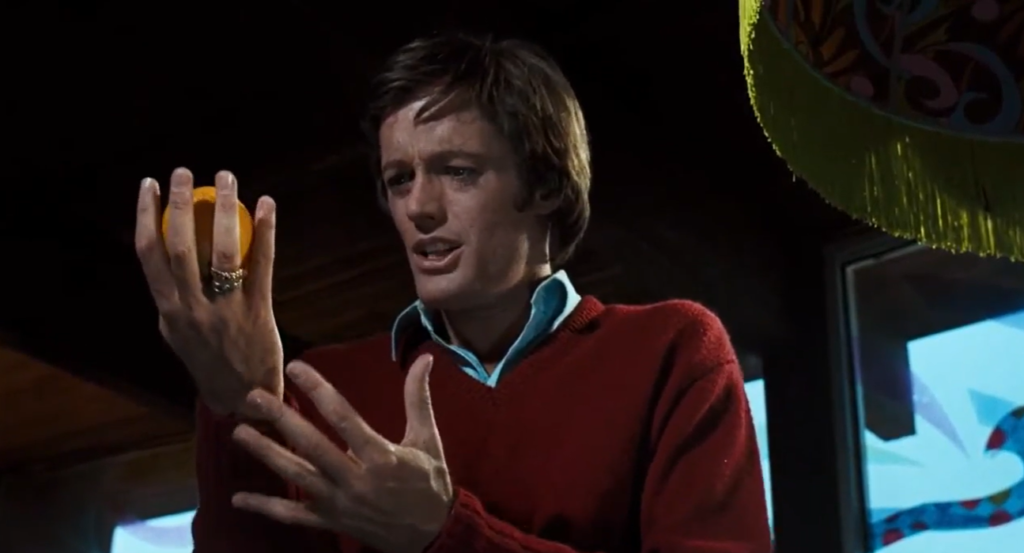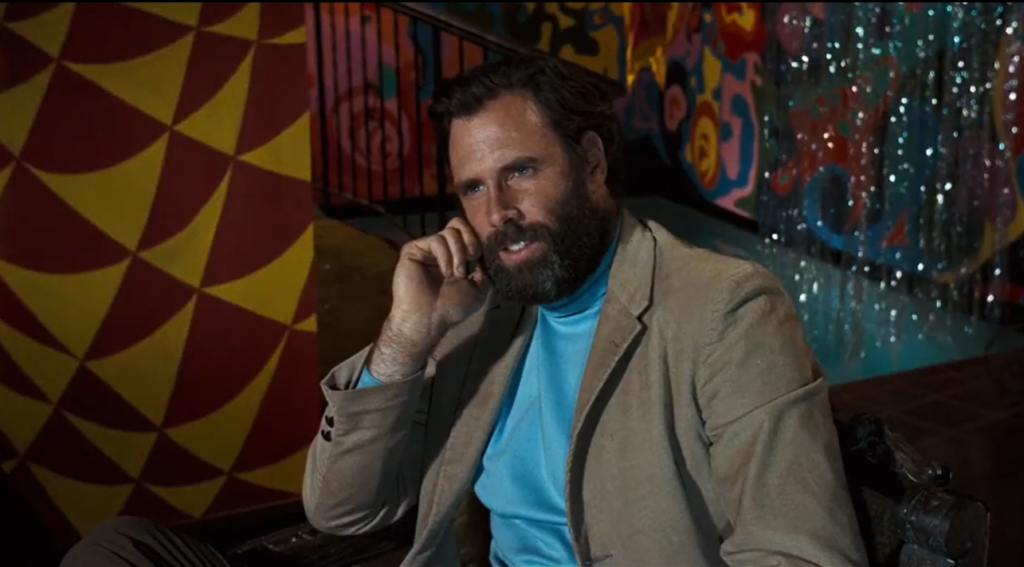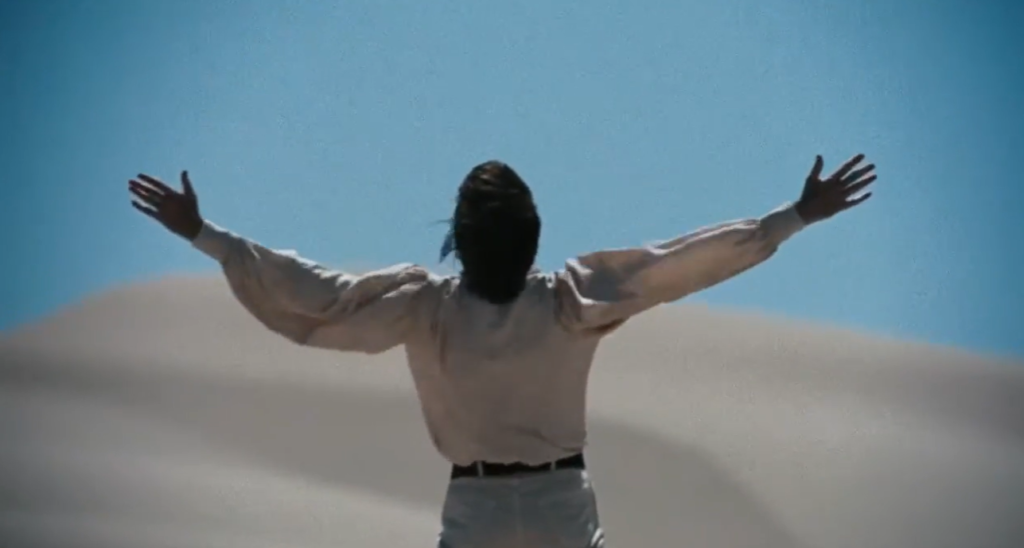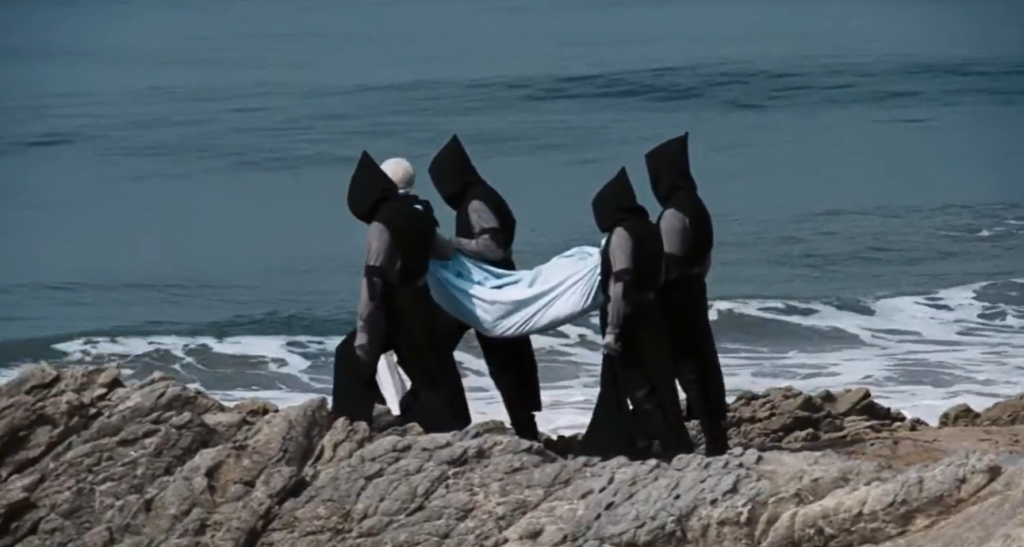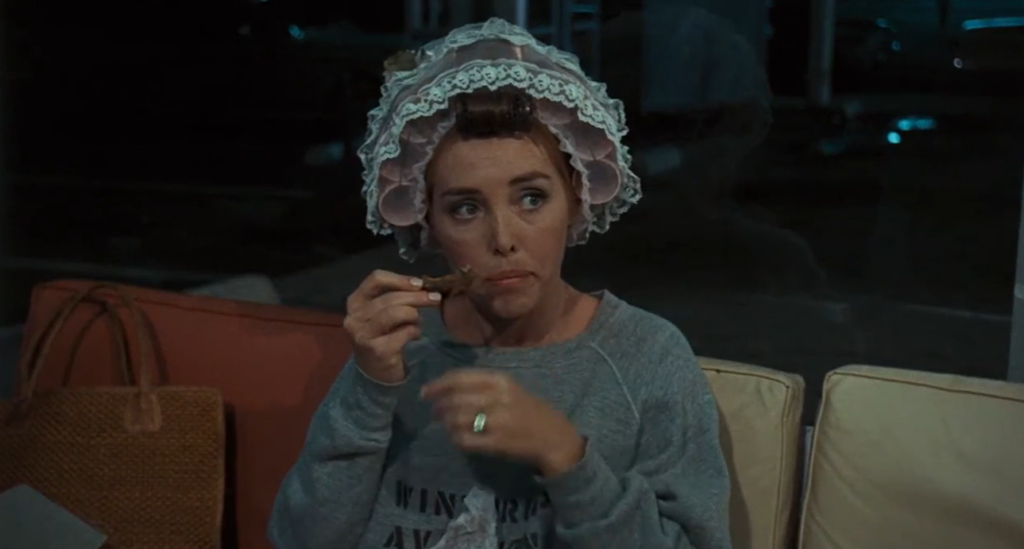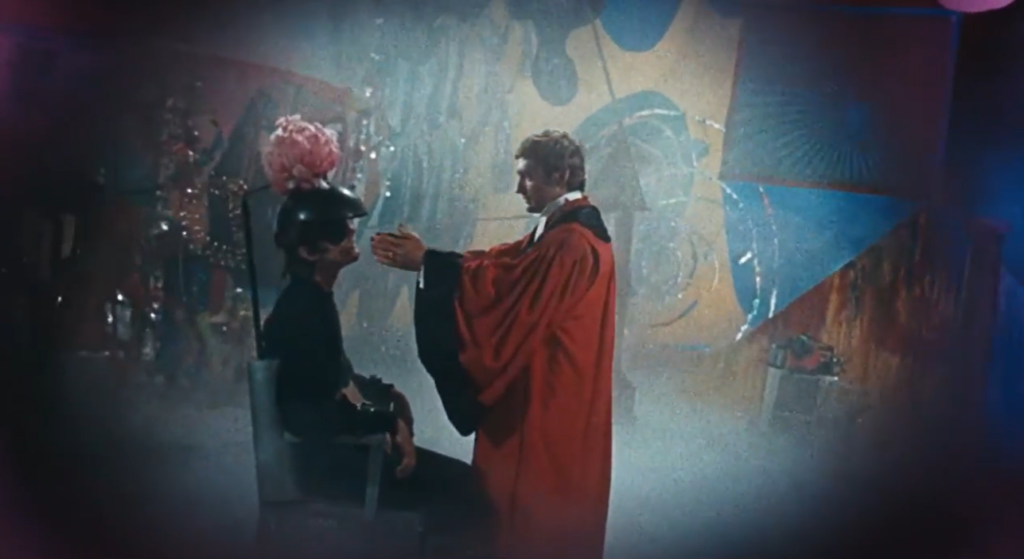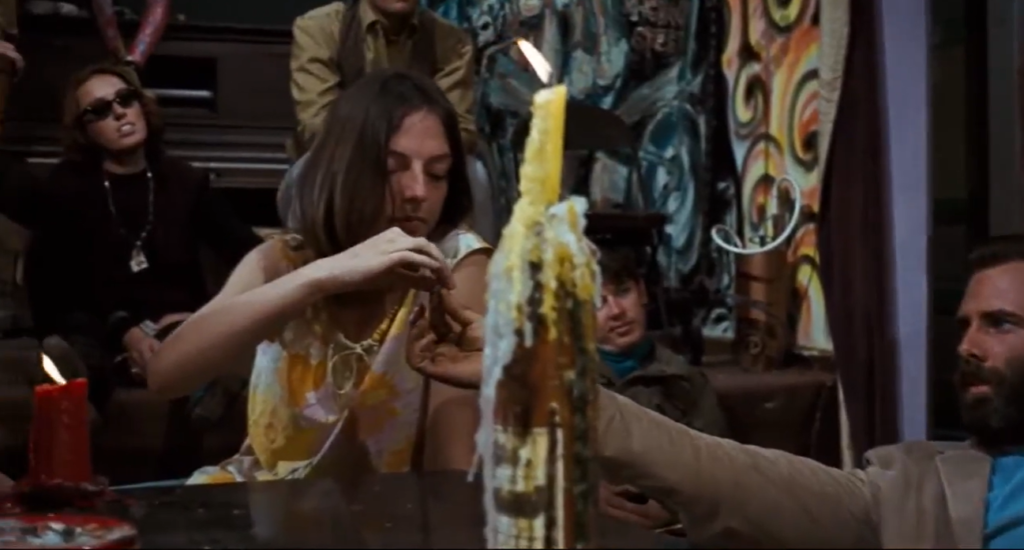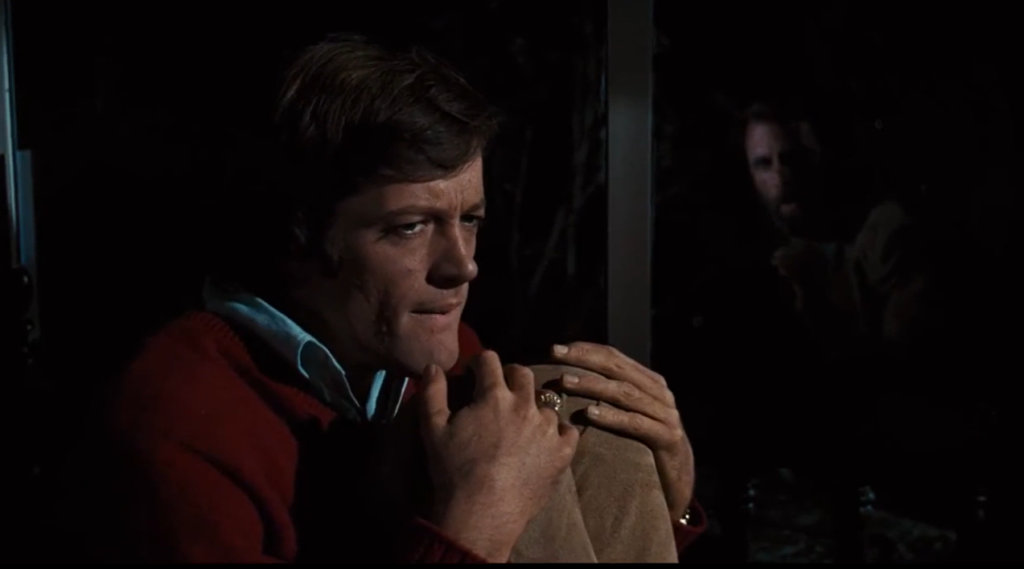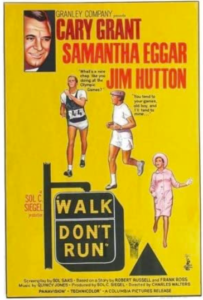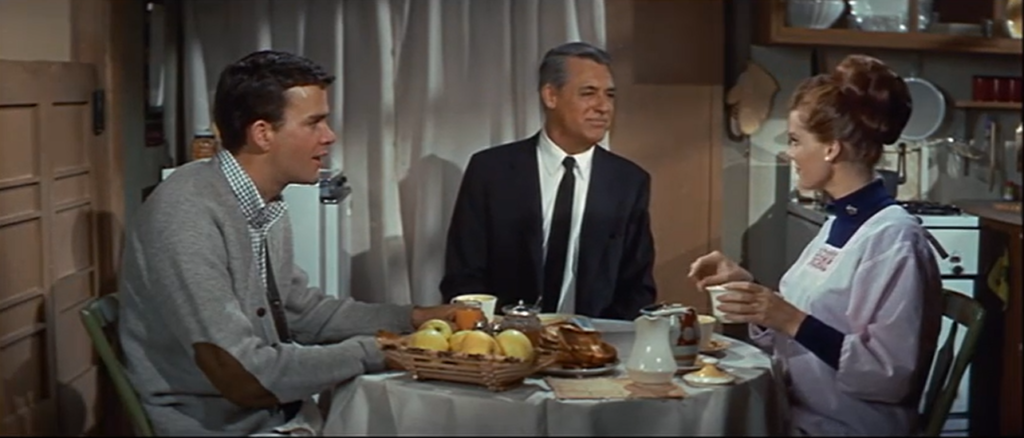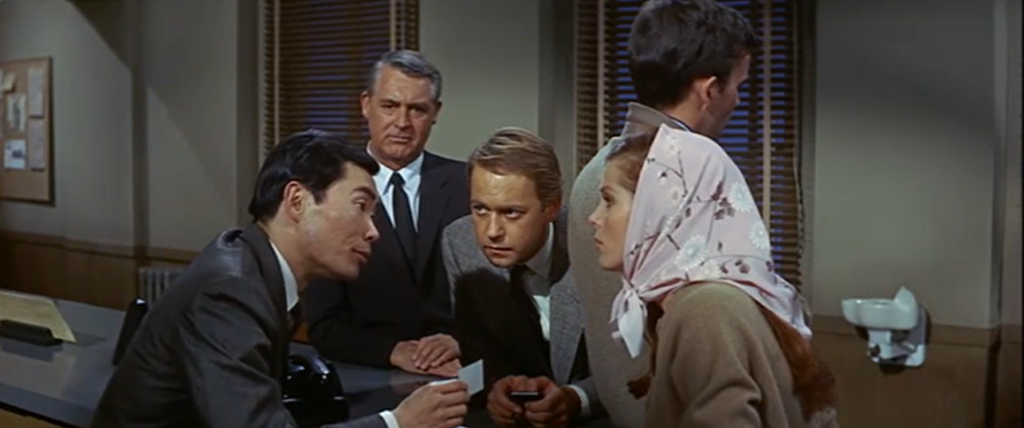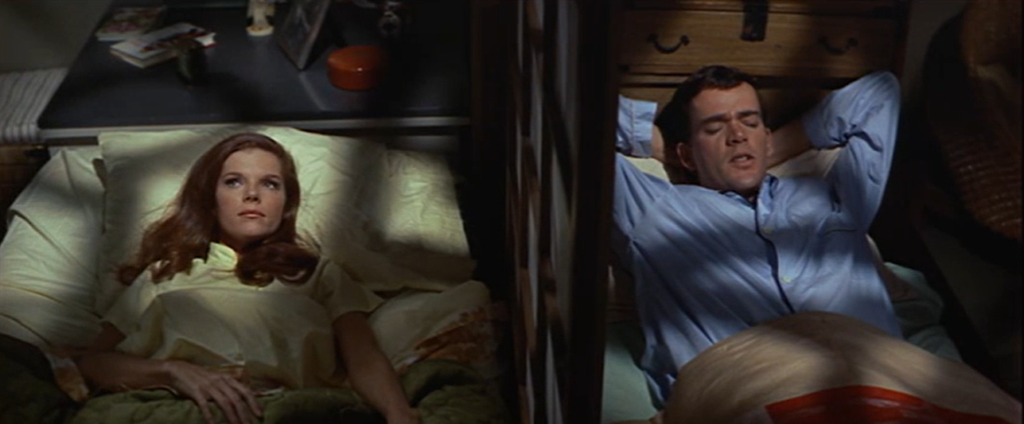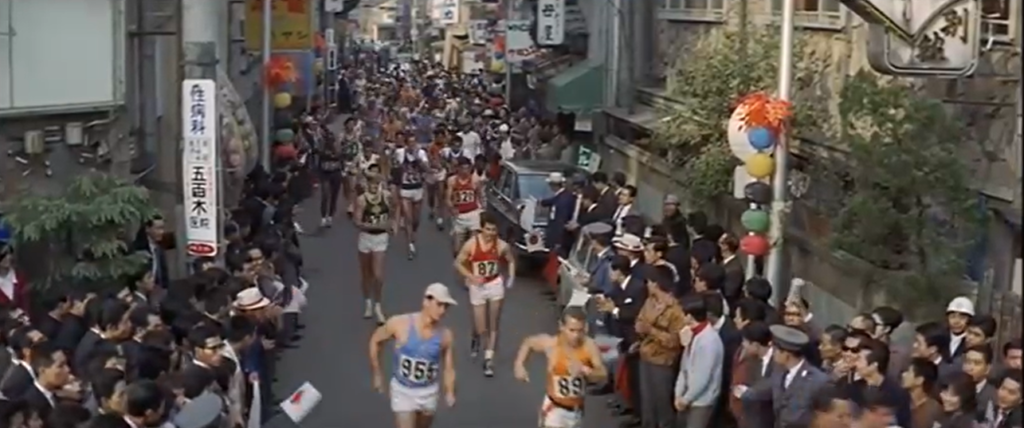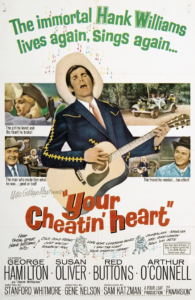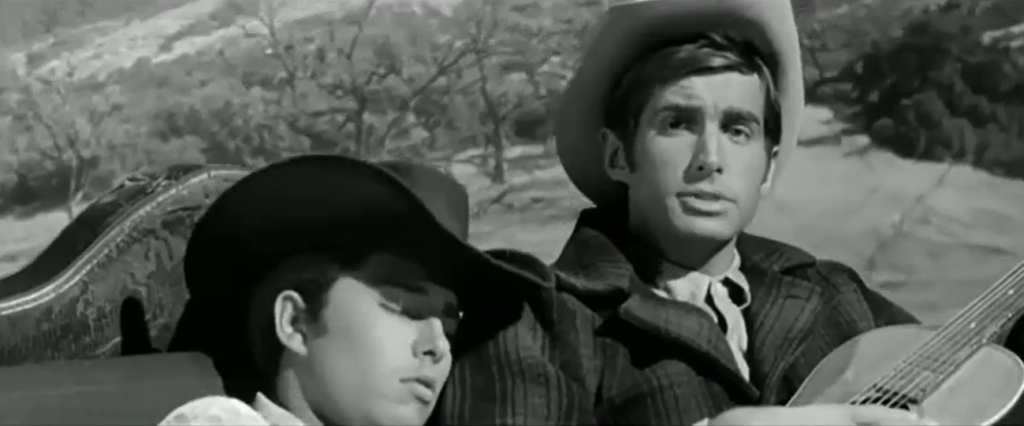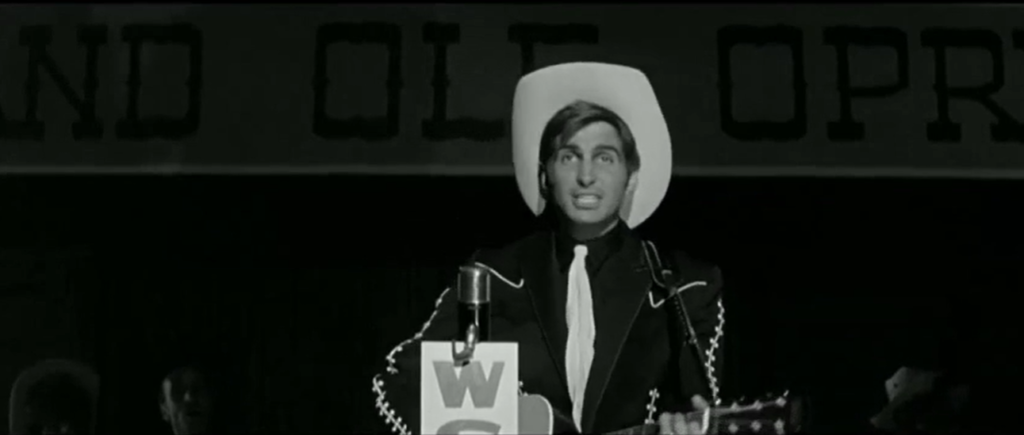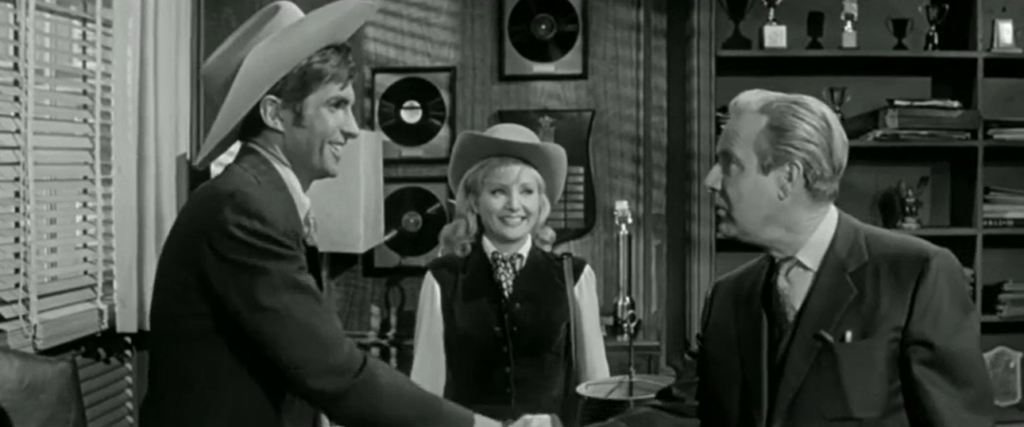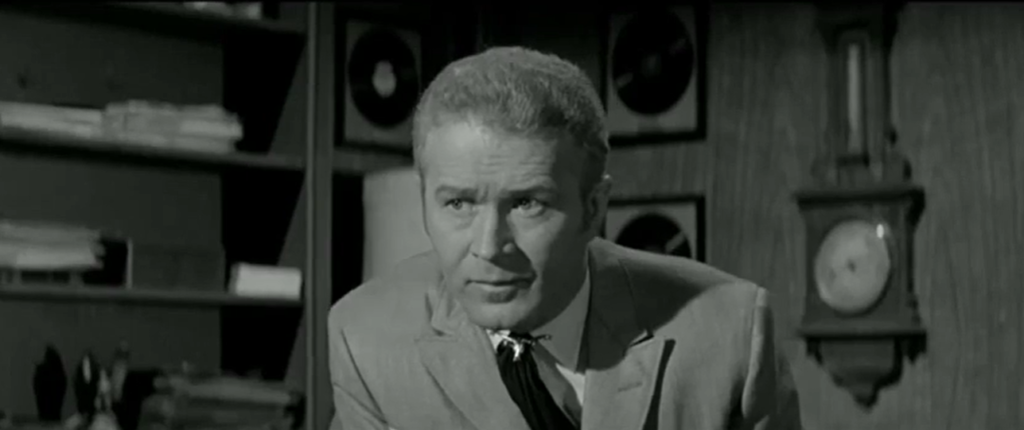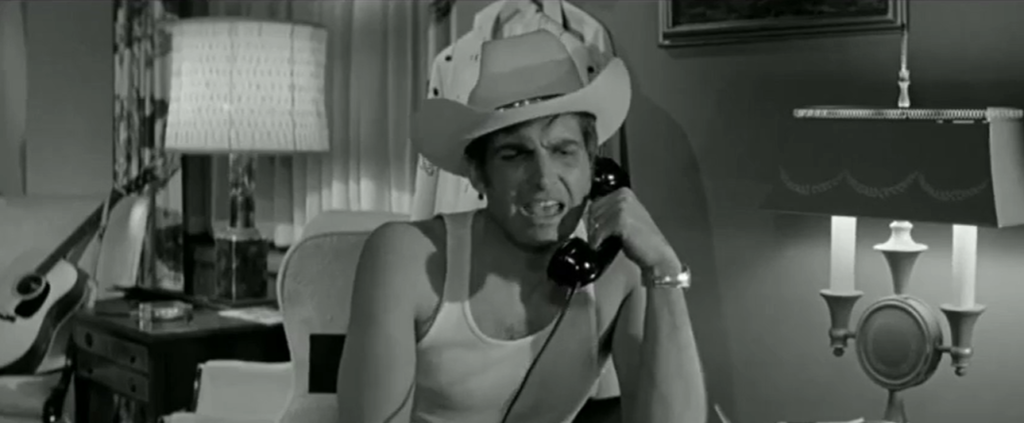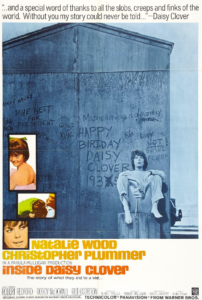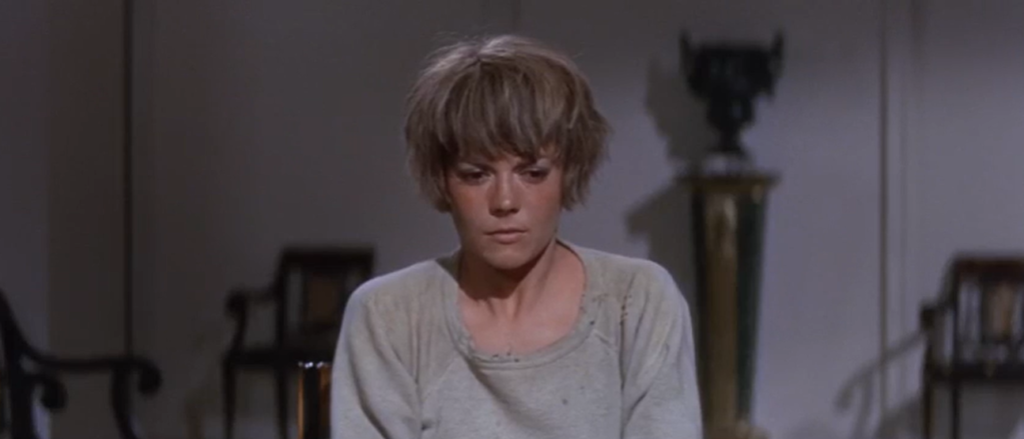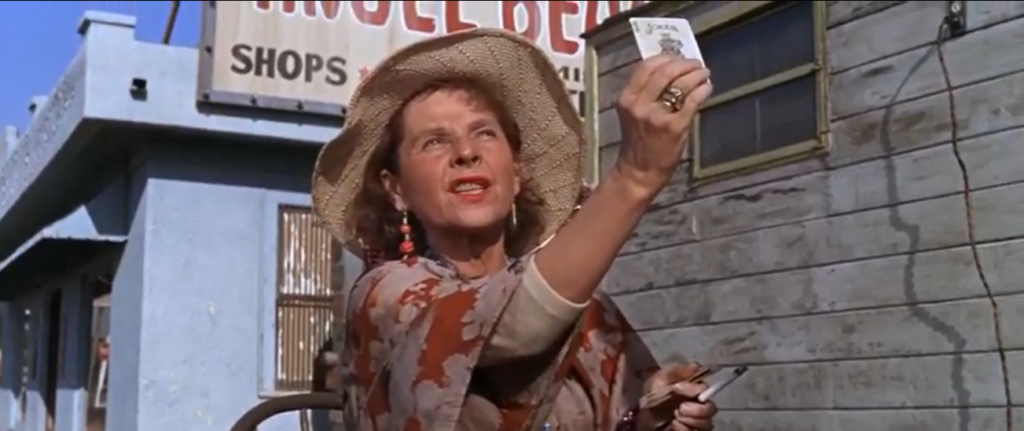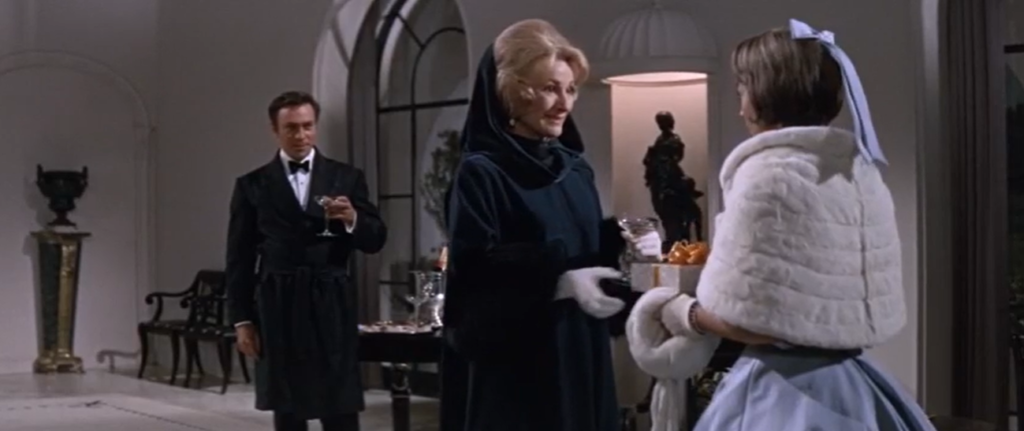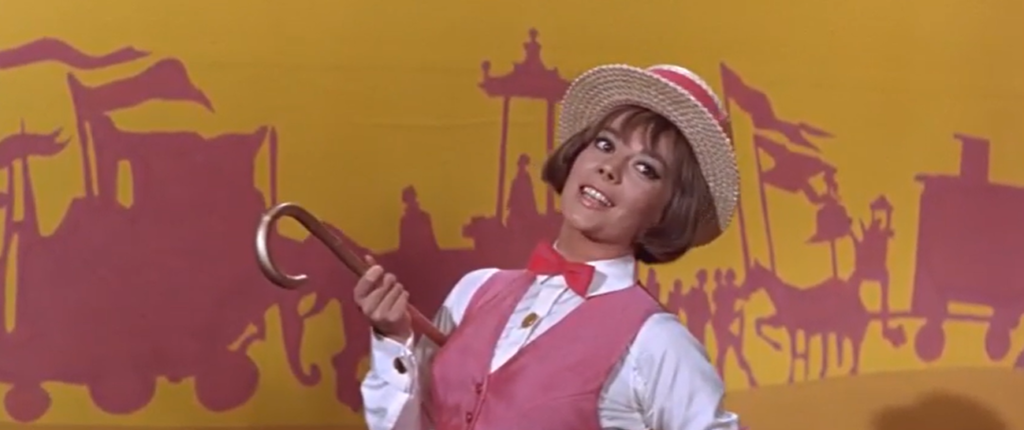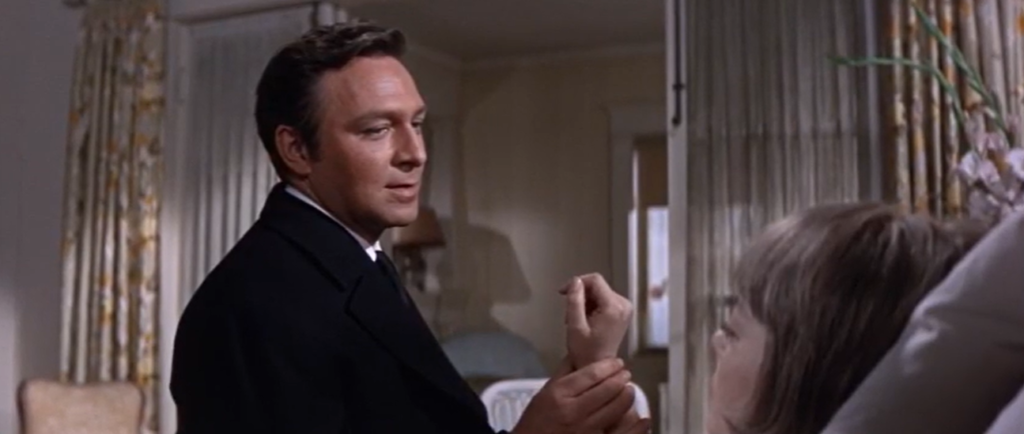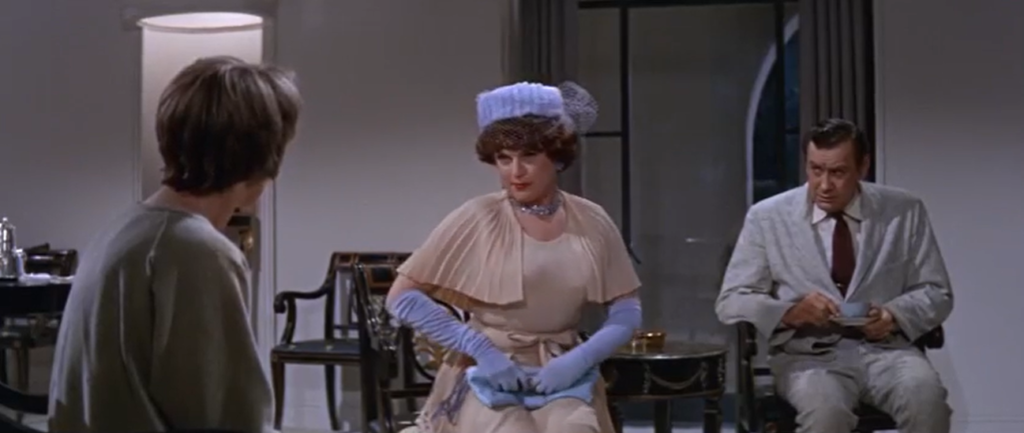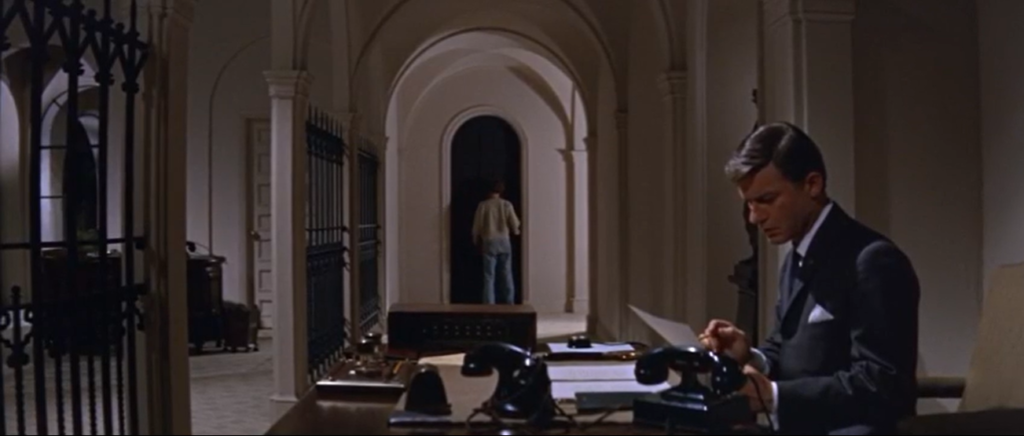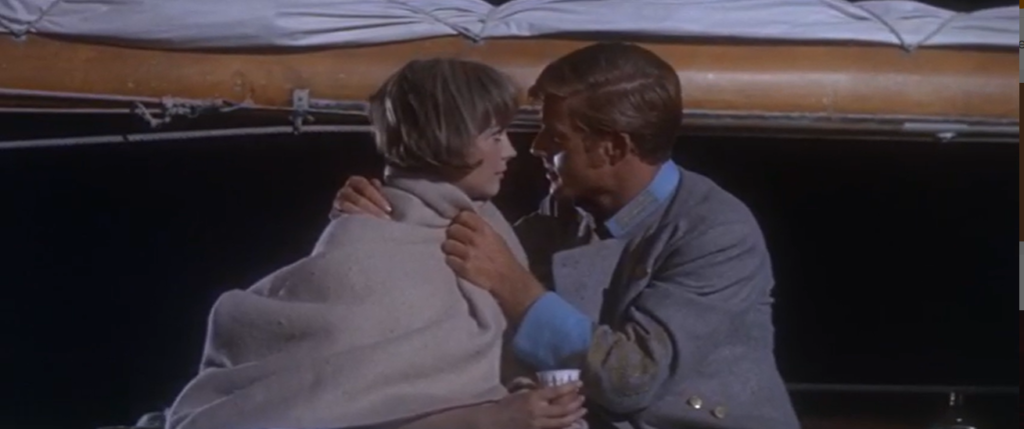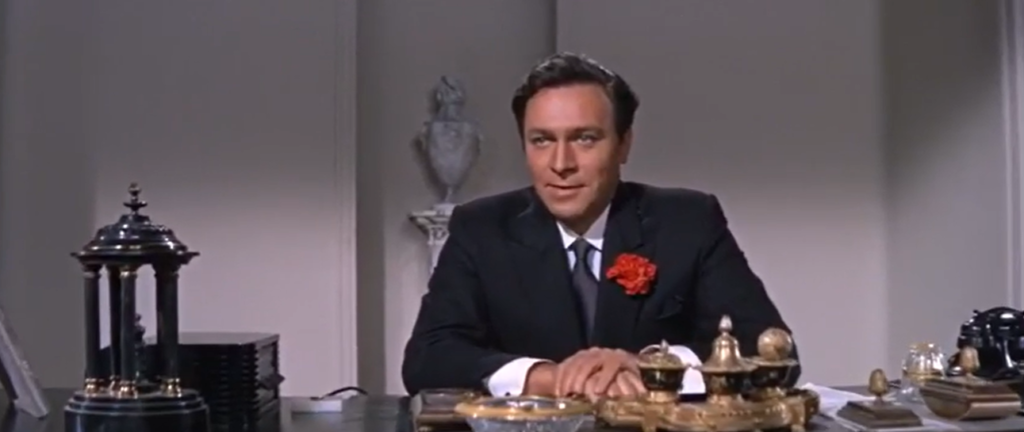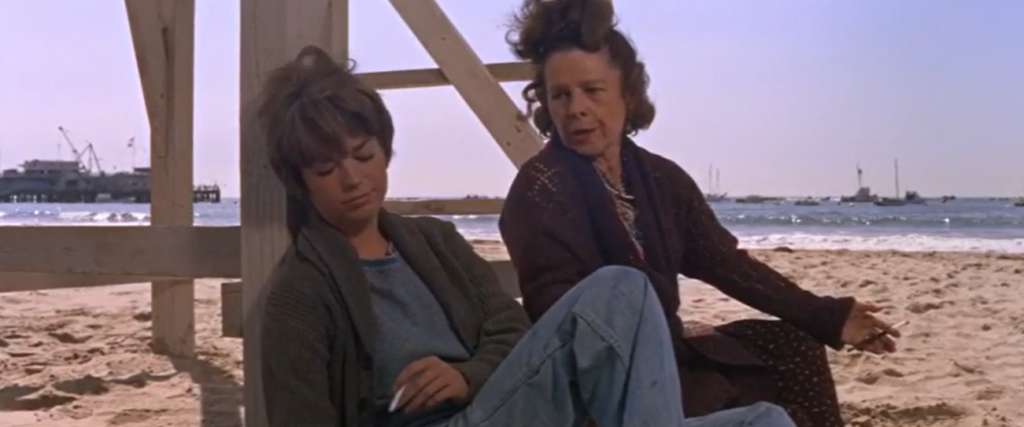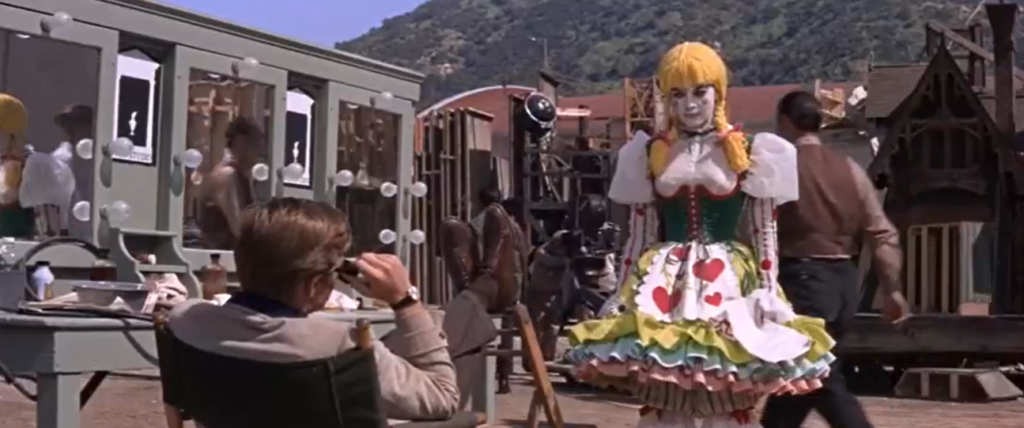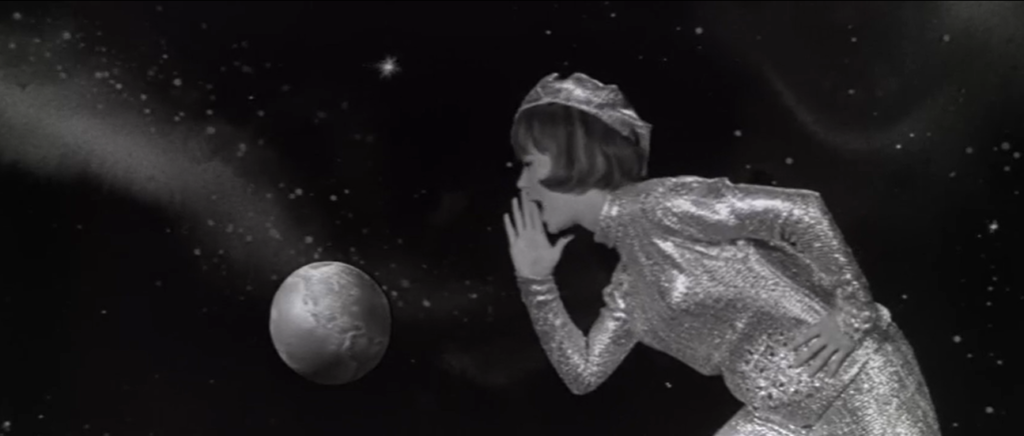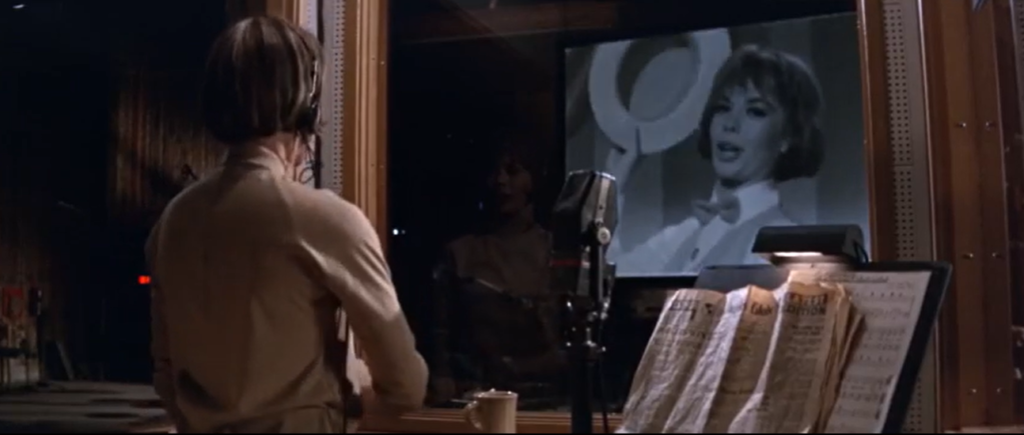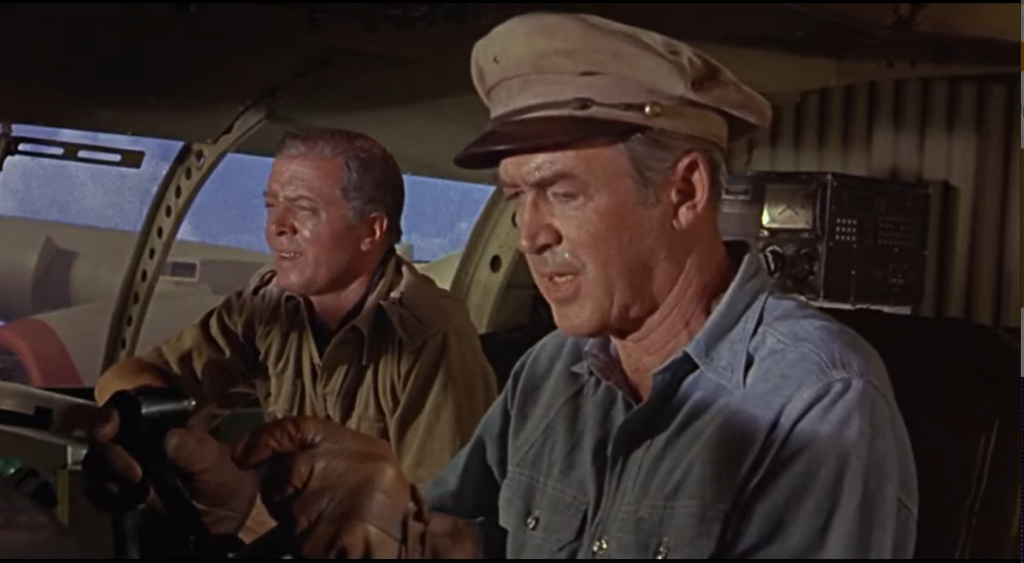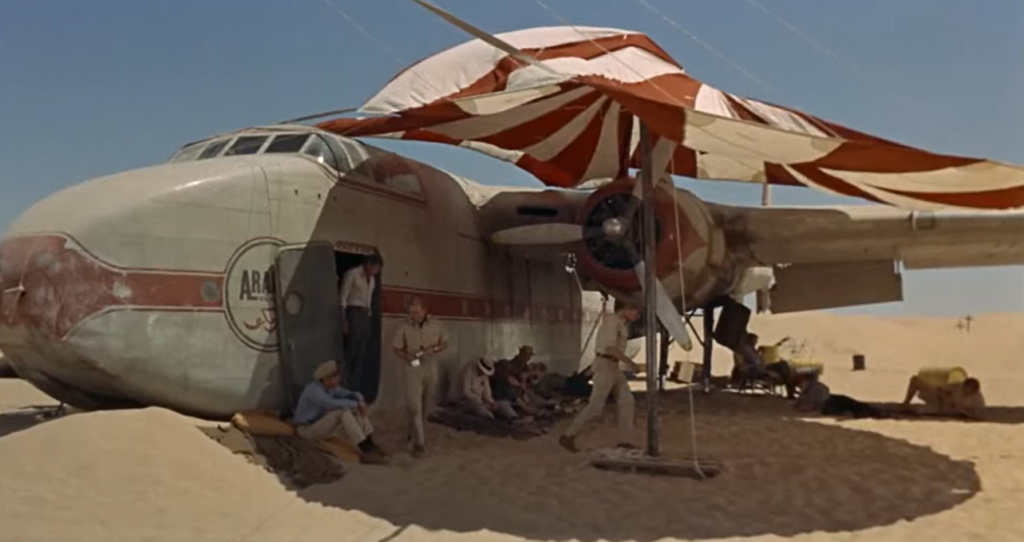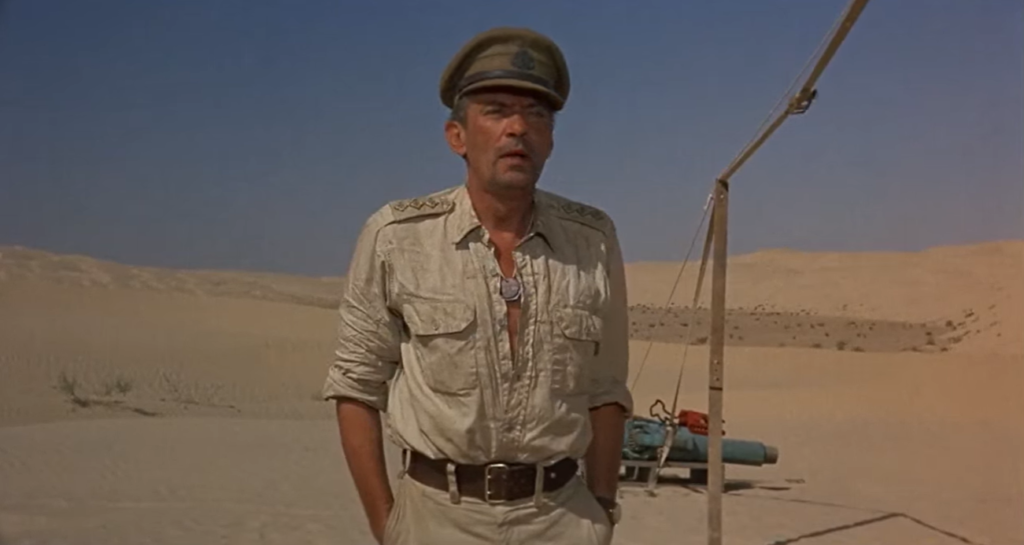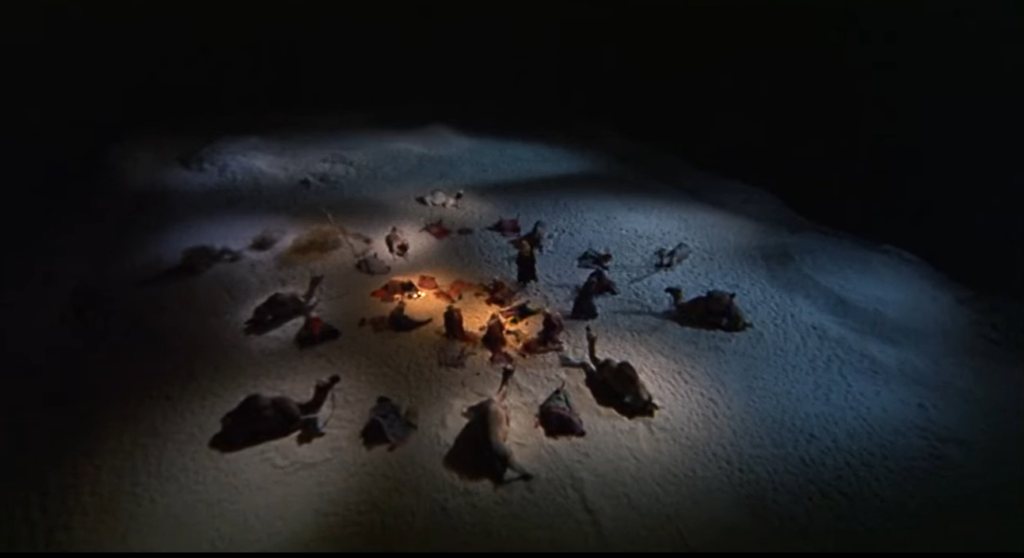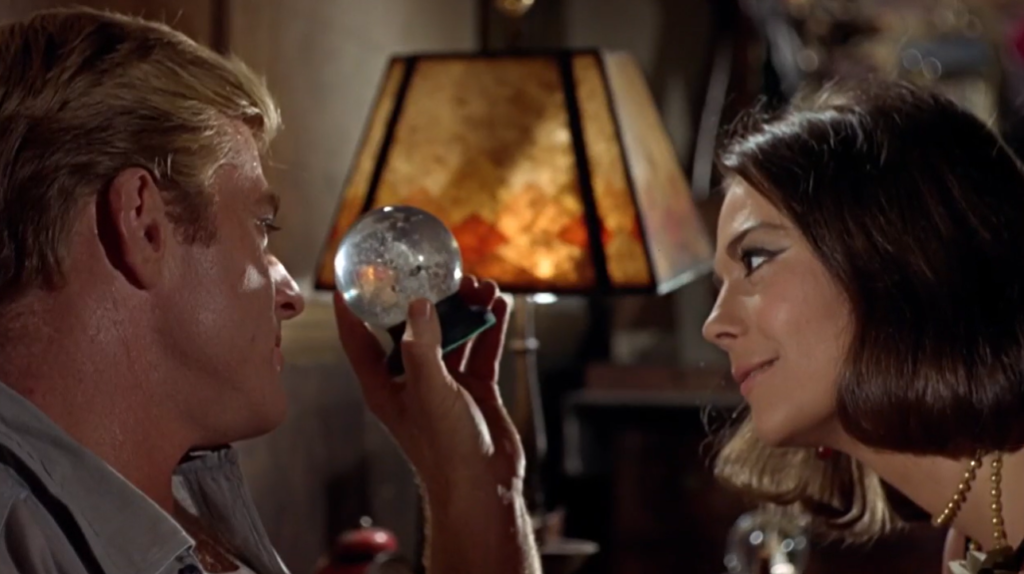|
Genres, Themes, Actors, and Directors:
- Africa
- Alexander Mackendrick Films
- Coming of Age Films
- Edward G. Robinson Films
- Orphans
- Road Trip
Review:
American-born director Alexander Mackendrick had great success with Britain’s Ealing Studios — helming pictures such as Whiskey Galore (1947), The Man in the White Suit (1951), and The Ladykillers (1955) — then went to Hollywood and made his first American film, The Sweet Smell of Success (1957). Despite making such a notable handful of pictures, his career (he was purportedly a perfectionist) was decidedly rocky, and this delayed follow-up film was his second-to-last.
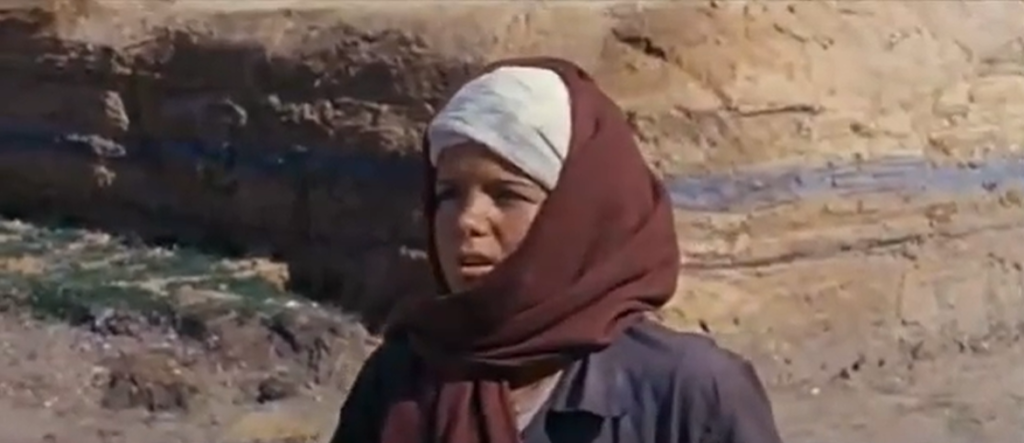
According to IMDb’s Trivia page:
The original cut of the film ran over three hours and was edited down to a more manageable 128 minutes before its premiere… When the movie was released in the United States in 1965 (two years after its British release) its American distributors, Paramount, cut so much out of the film to enable it to fit on a double-bill, that the original score by Tristram Cary had to be removed and replaced with a new one by Les Baxter.
Meanwhile, Robinson suffered a heart attack during production, and Constance Cummings was injured in a car accident. With so much extensive location shooting, it’s easy to see how a film like this would be exhausting and fraught with challenges. The resulting movie is an impressive coming-of-age road trip with a slightly uneven tenor to it, and some uncomfortable racial stereotyping, but a magnetic draw.
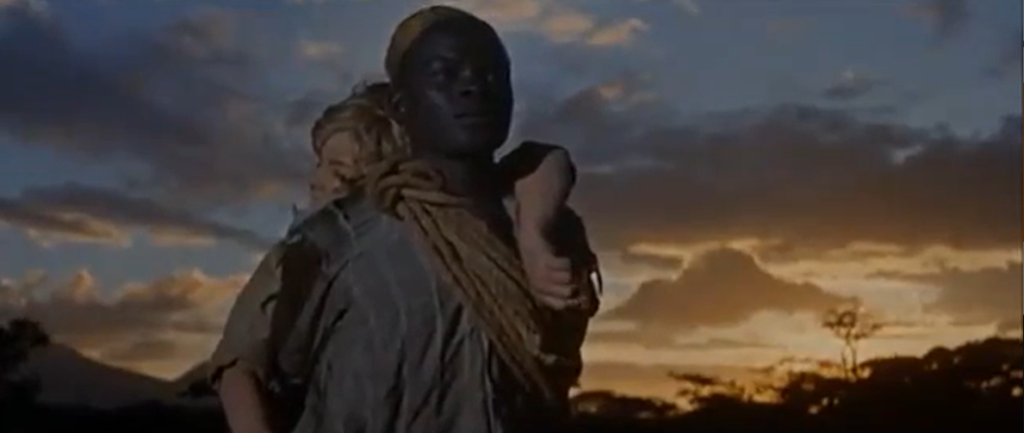
According to the British Film Institute’s article:
[Ealing Studio head Michael] “Balcon saw the story as a heartwarming tale of a young innocent’s triumph over adversity, against the fantastic scenery of the African continent. Characteristically, Mackendrick’s understanding was altogether darker: he saw it as “the inward odyssey of a deeply disturbed child, who destroys everybody he comes up against”. Mackendrick’s attempt to satisfy these two interpretations is probably the reason the film doesn’t quite succeed.
The trauma young Sammy experiences at the beginning of the film (seeing his parents die), and then the fear and guilt he feels while with Mohyeddin:
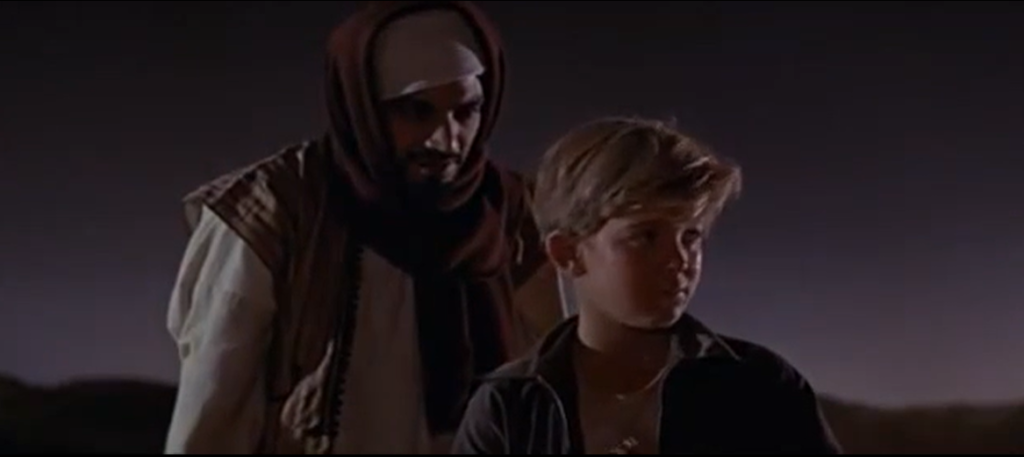
.. would be enough to try someone twice his age, but he persists to a remarkable degree. The film shifts in tone slightly when he meets Robinson, given that Sammy now finally has an understanding father figure in his life, and is able to start to process some of his trauma.
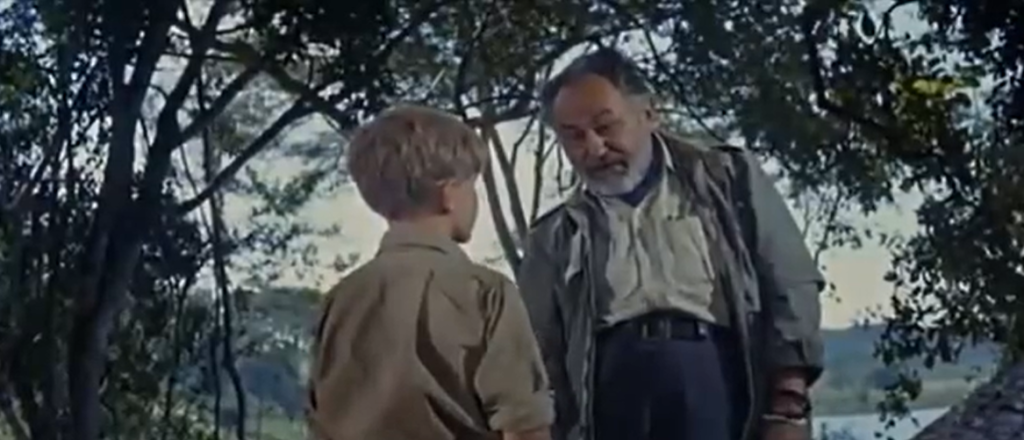
Robinson and McClelland (who went on to other ventures after child acting) are both excellent in the key roles, and the cinematography by Erwin Hiller is often beautiful. This one remains worth a look.
Note: More explicitly suggestive scenes between the Syrian peddler and Sammy were excised; according to IMDb’s Trivia:
… the Syrian, who comes across Sammy laying on a sand dune in the middle of the Egyptian desert, is sexually attracted to Sammy and was shown lusting after him and trying to have his way with him. However, two small parts of the supposedly cut scenes did make it to the final release print. In one, the Syrian is kneeling before the standing Sammy and feeling the boy’s right leg, while quite plainly and excitedly ogling the front of Sammy’s khaki bush shorts, before grabbing hold of Sammy’s right wrist and trying to drag the boy down onto the sand with him, while Sammy tries to wriggle free from his grasp.
Notable Performances, Qualities, and Moments:
- Fergus McClelland as Sammy
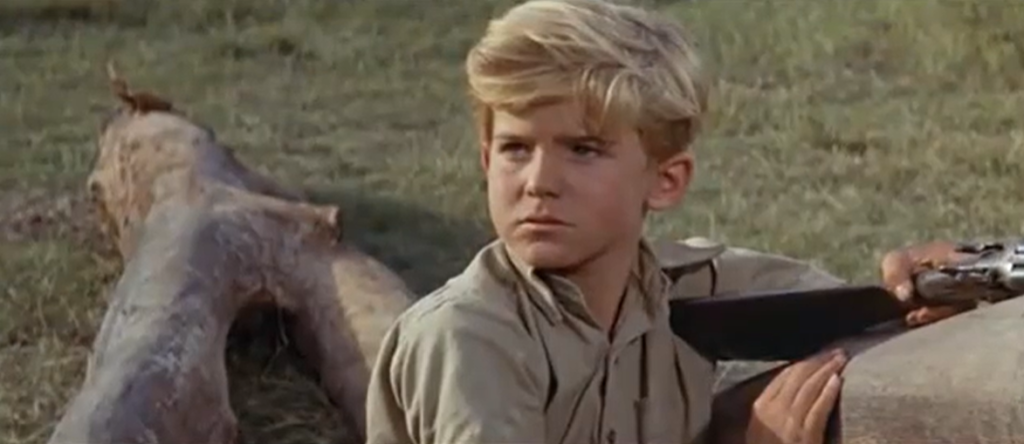
- Edward G. Robinson as Cocky Wainwright
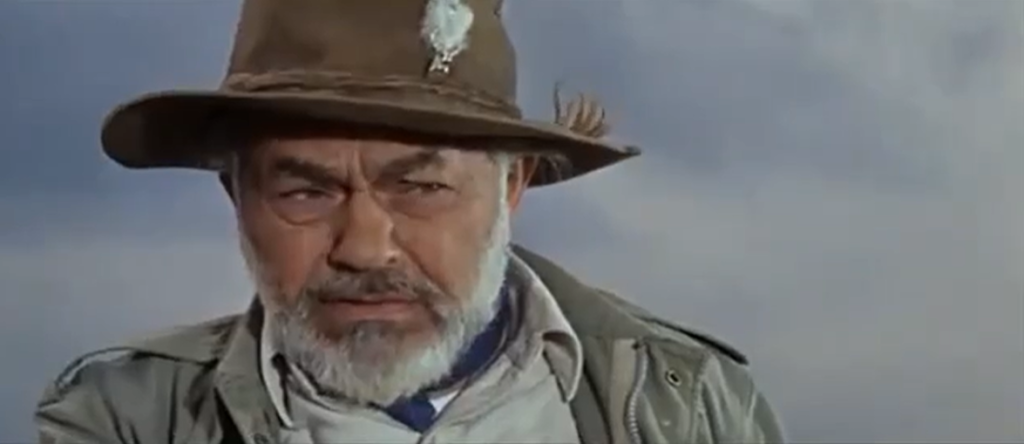
- Erwin Hiller’s cinematography

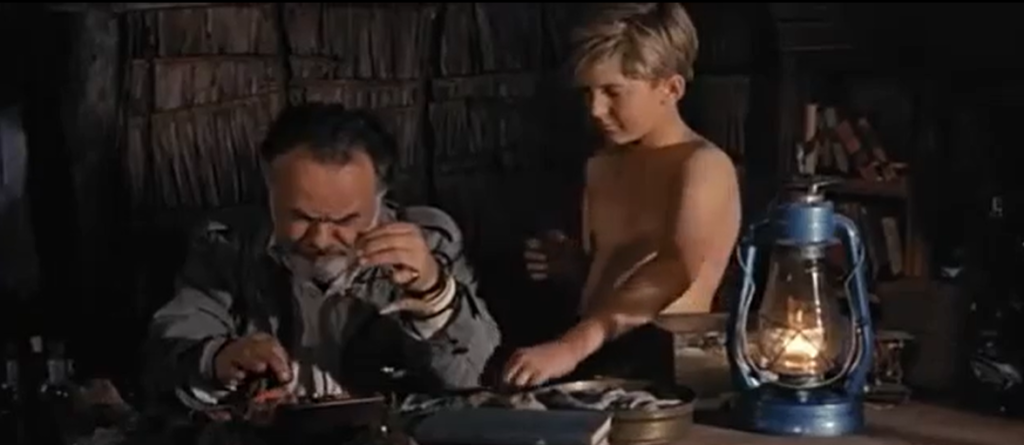
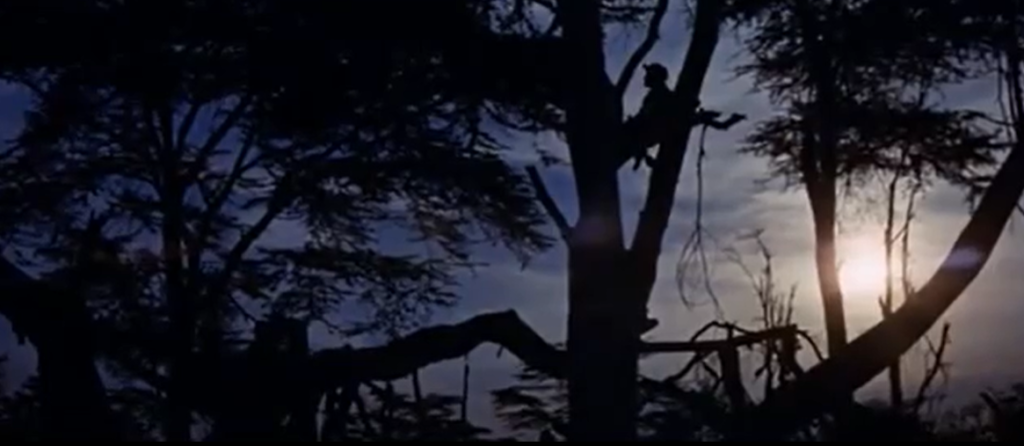
Must See?
Yes, as a surprisingly powerful and unique film.
Categories
Links:
|
